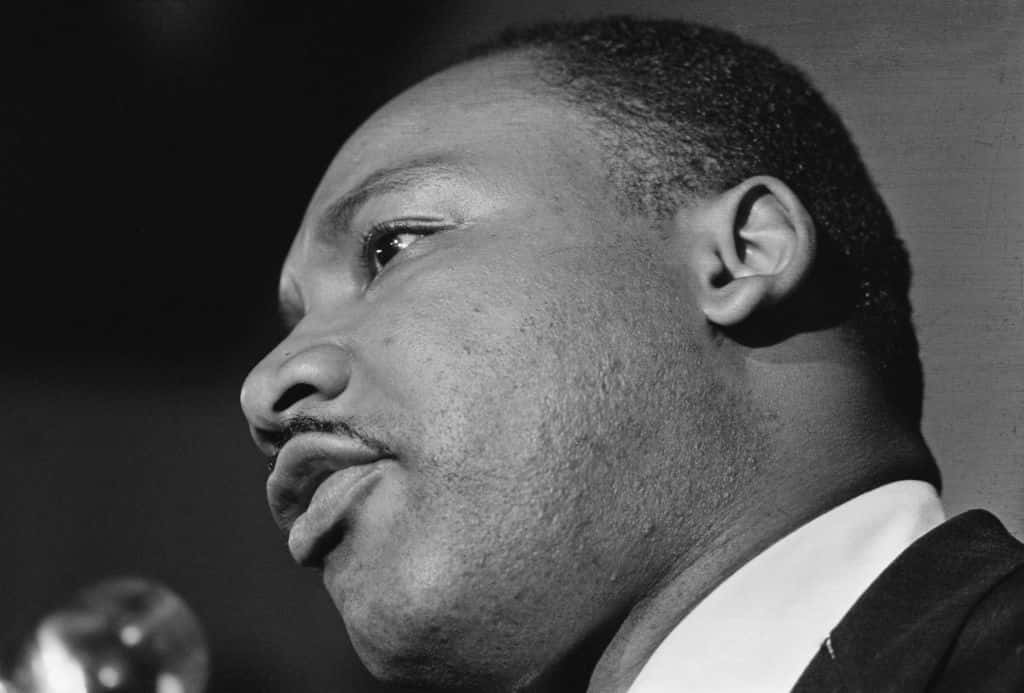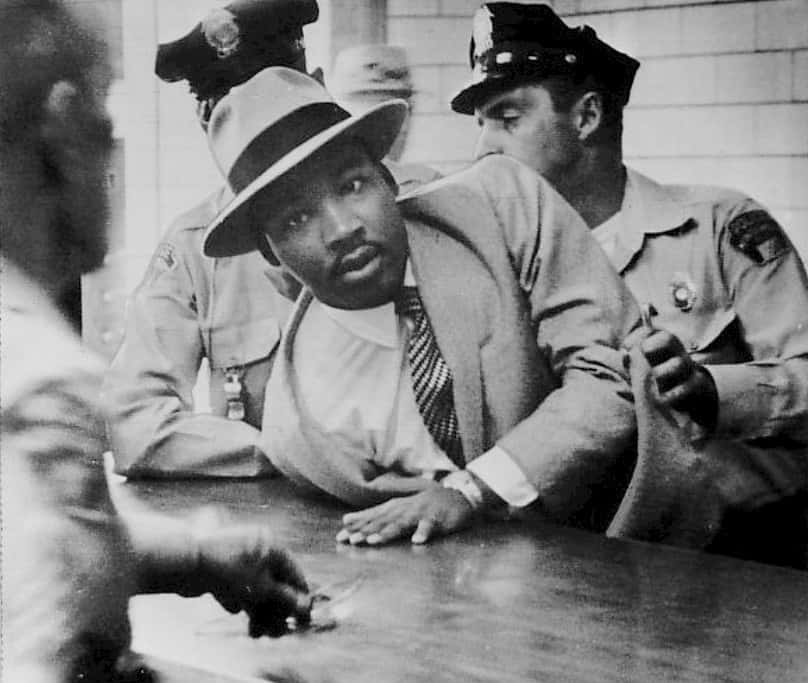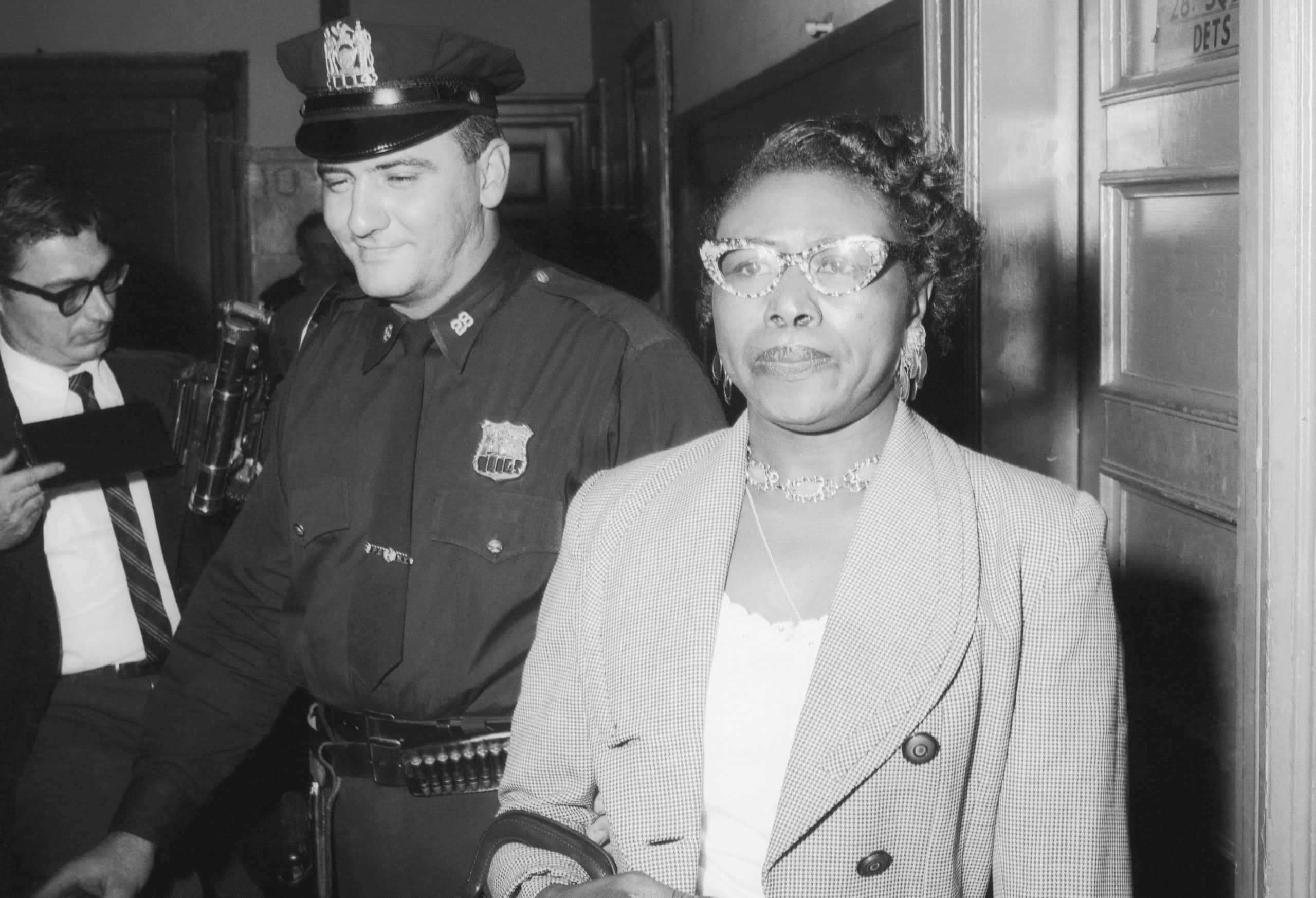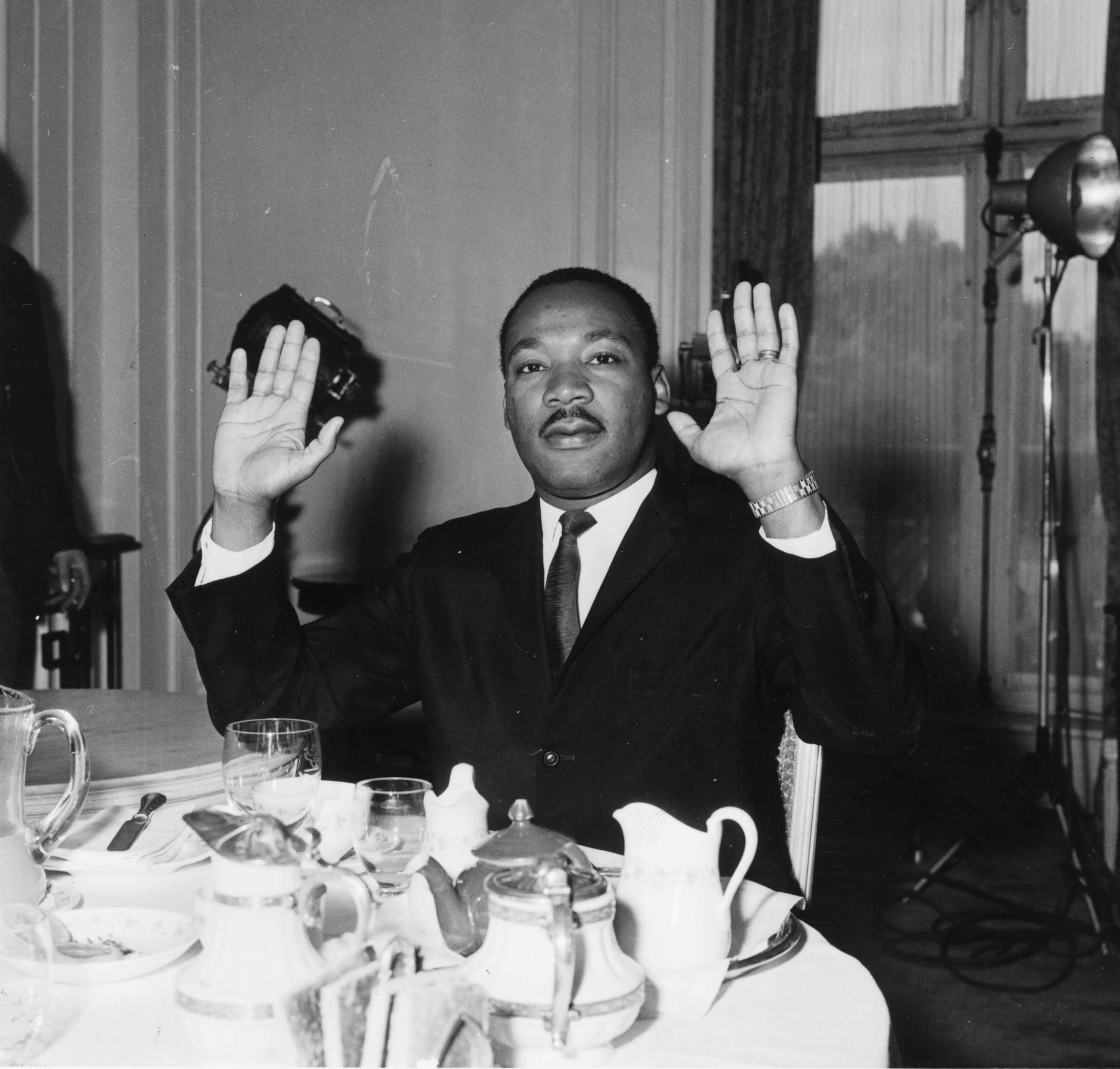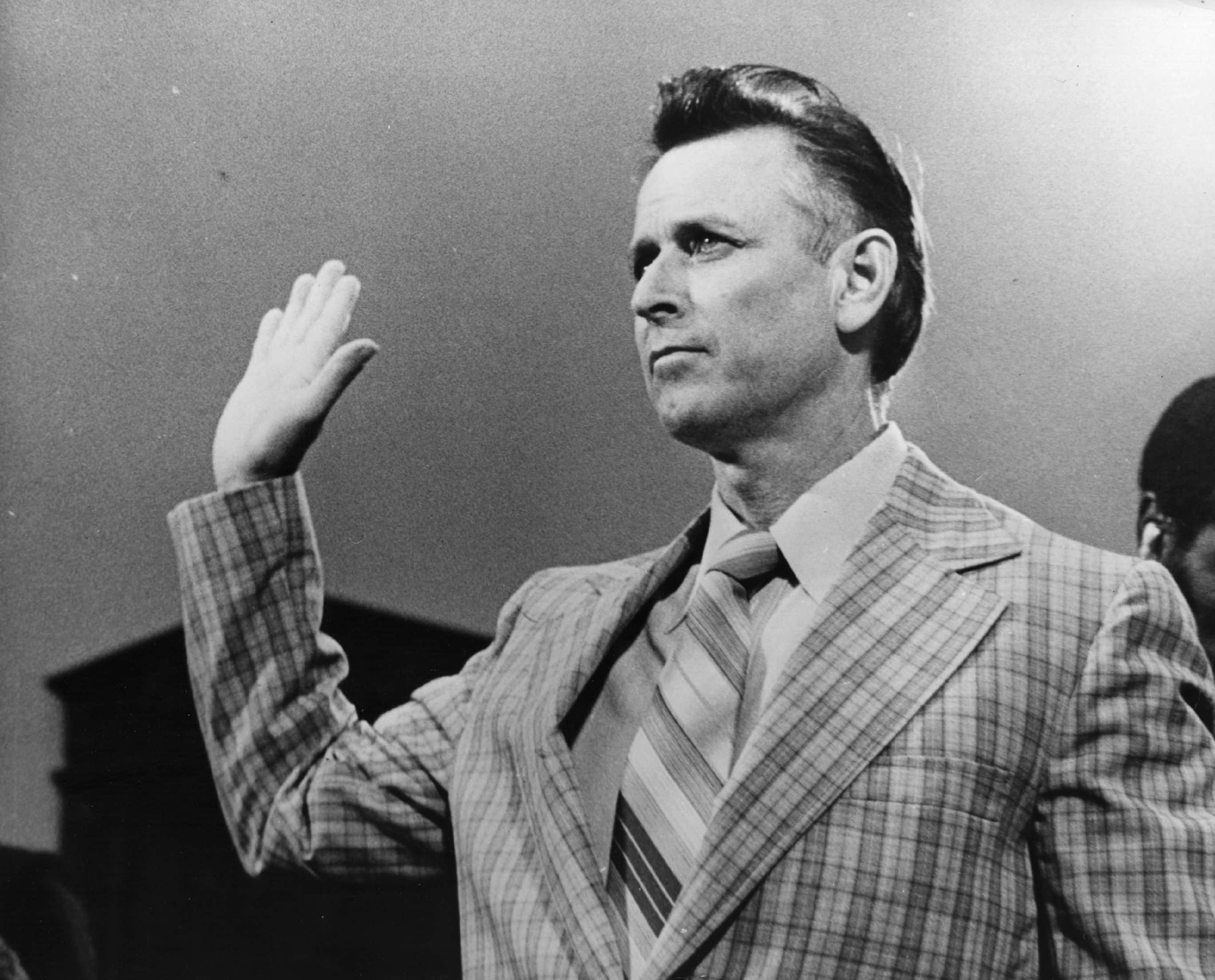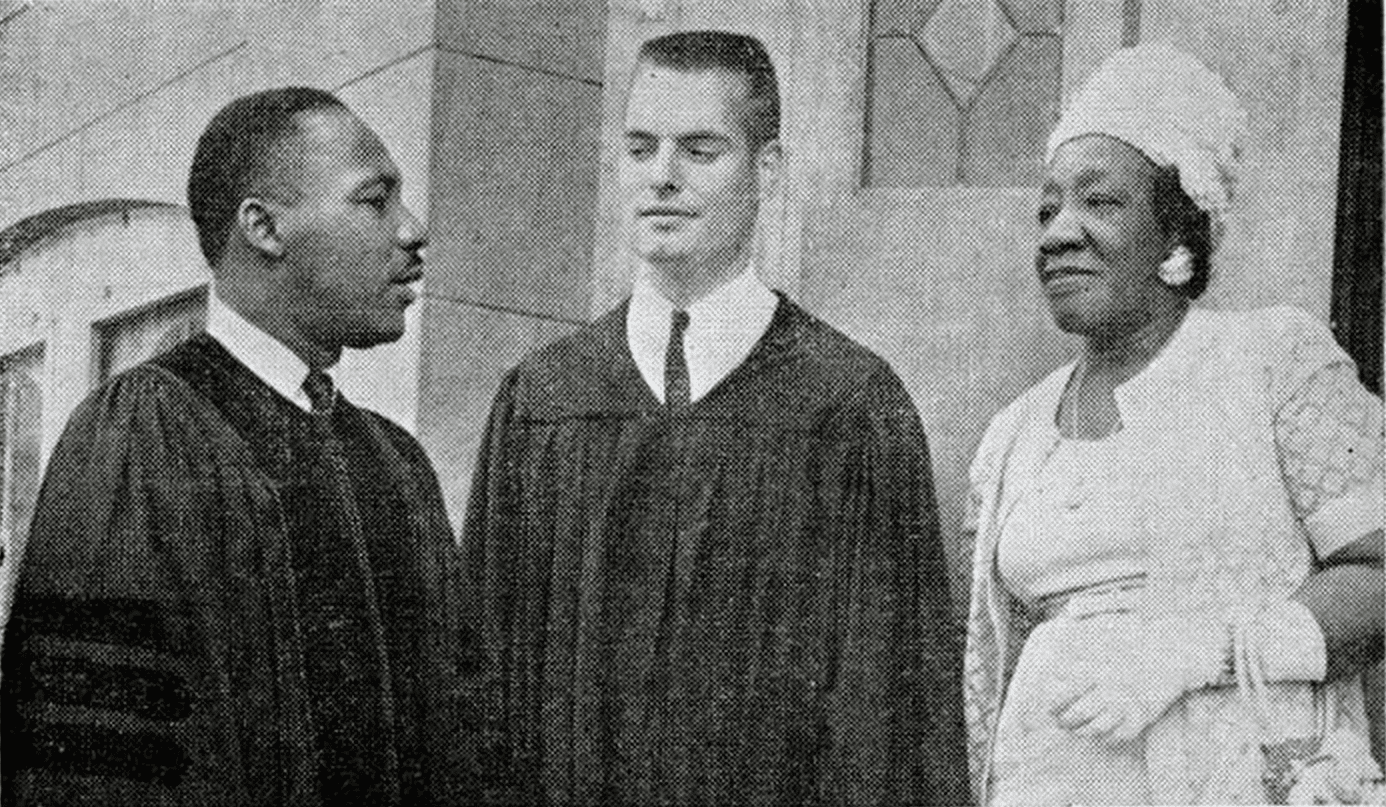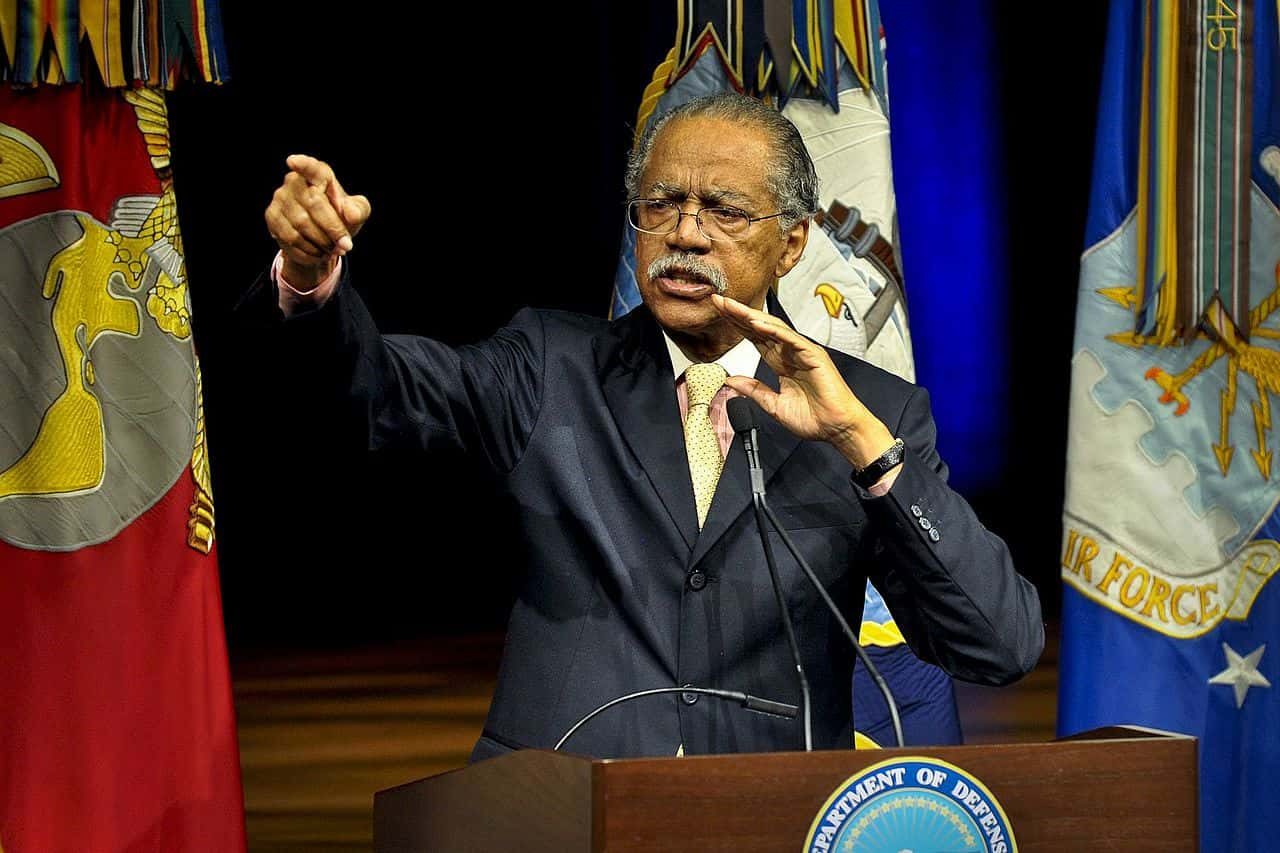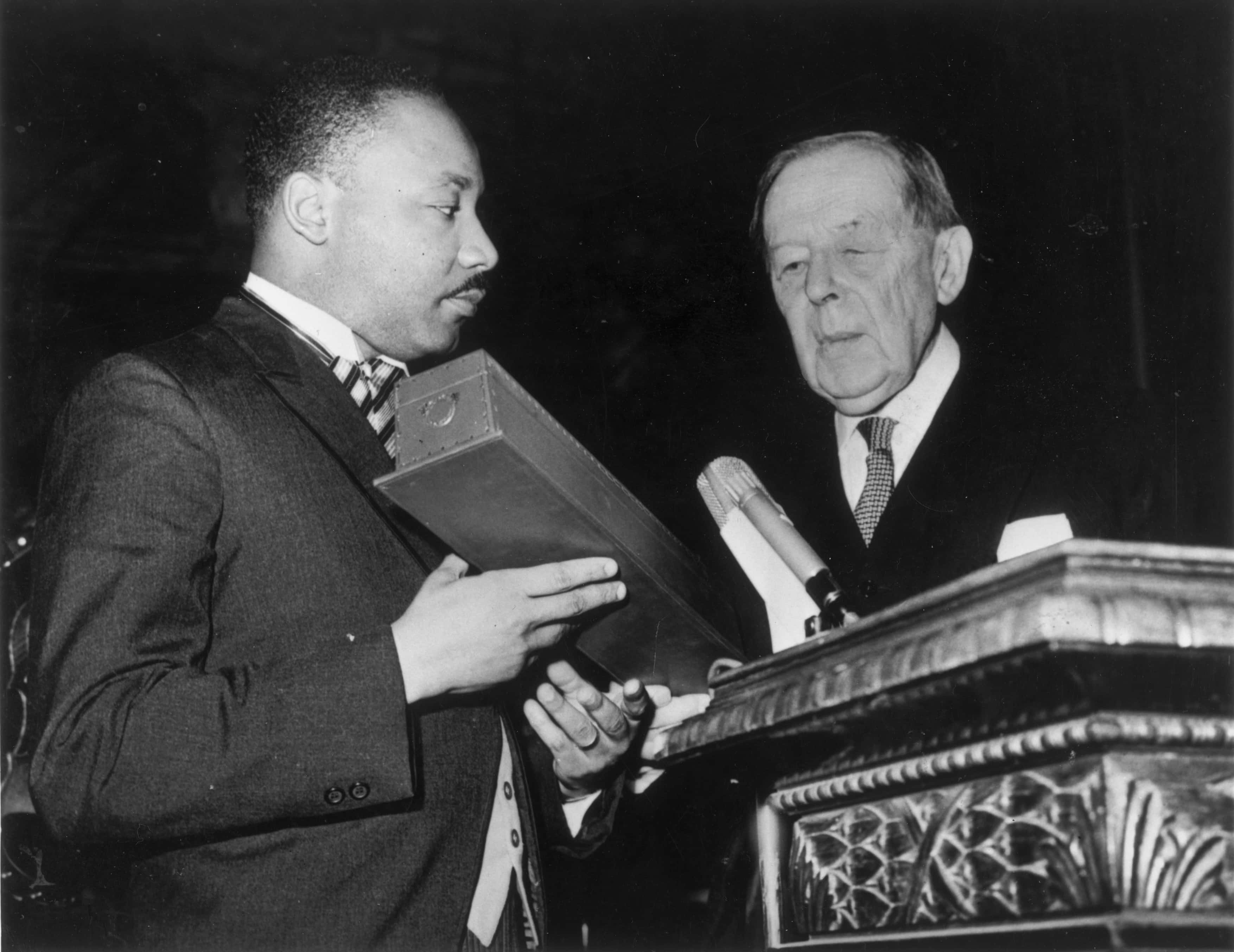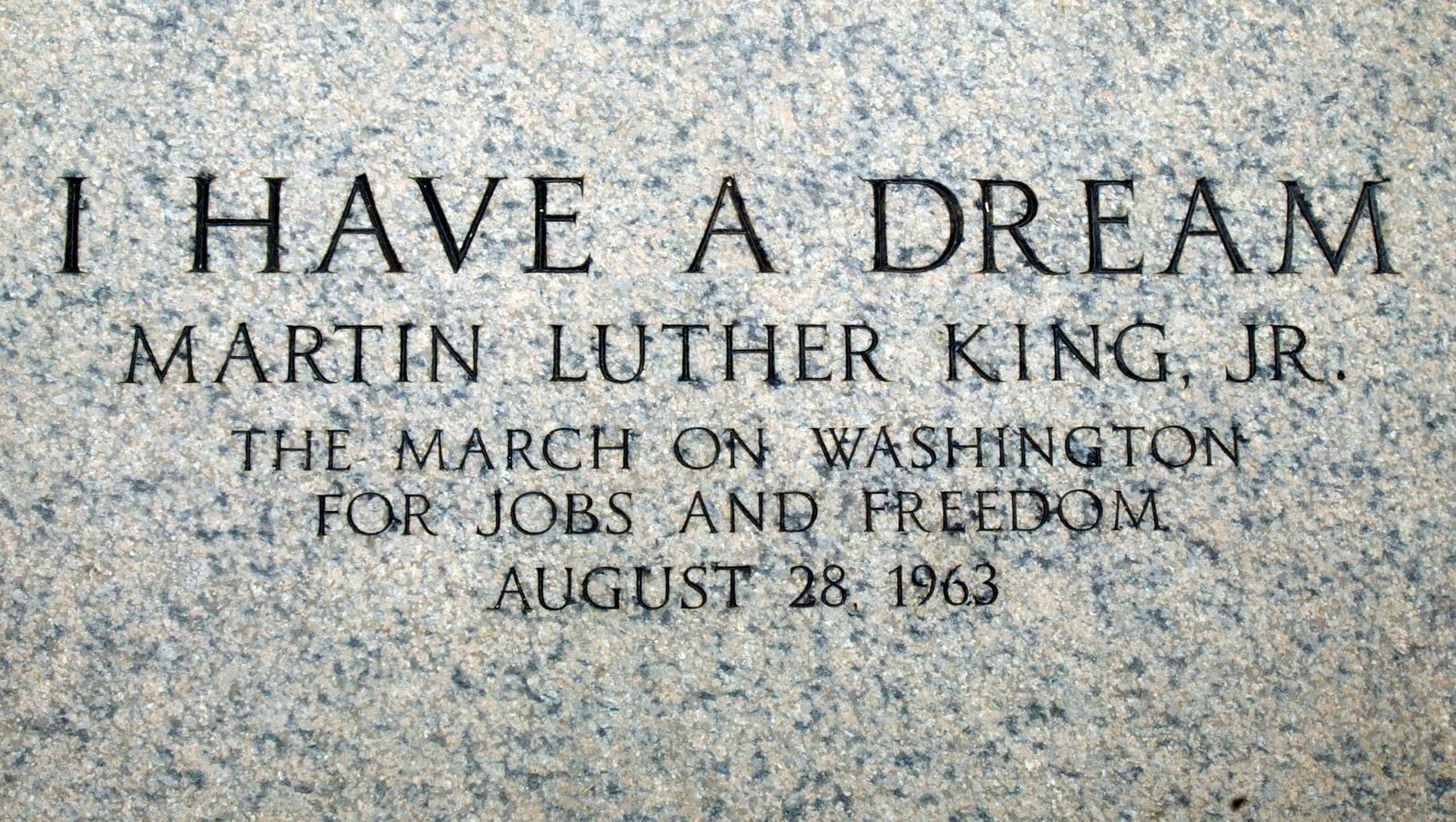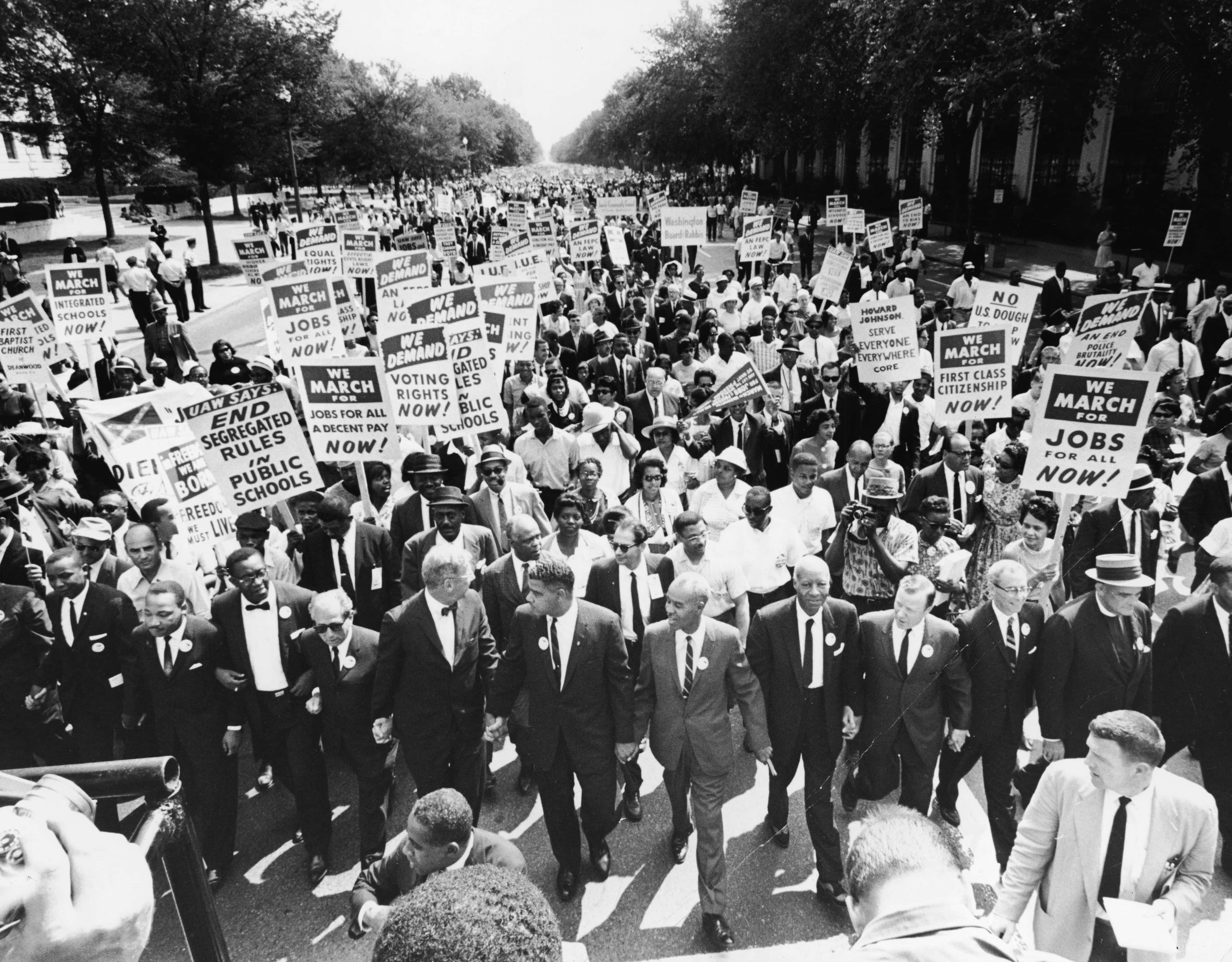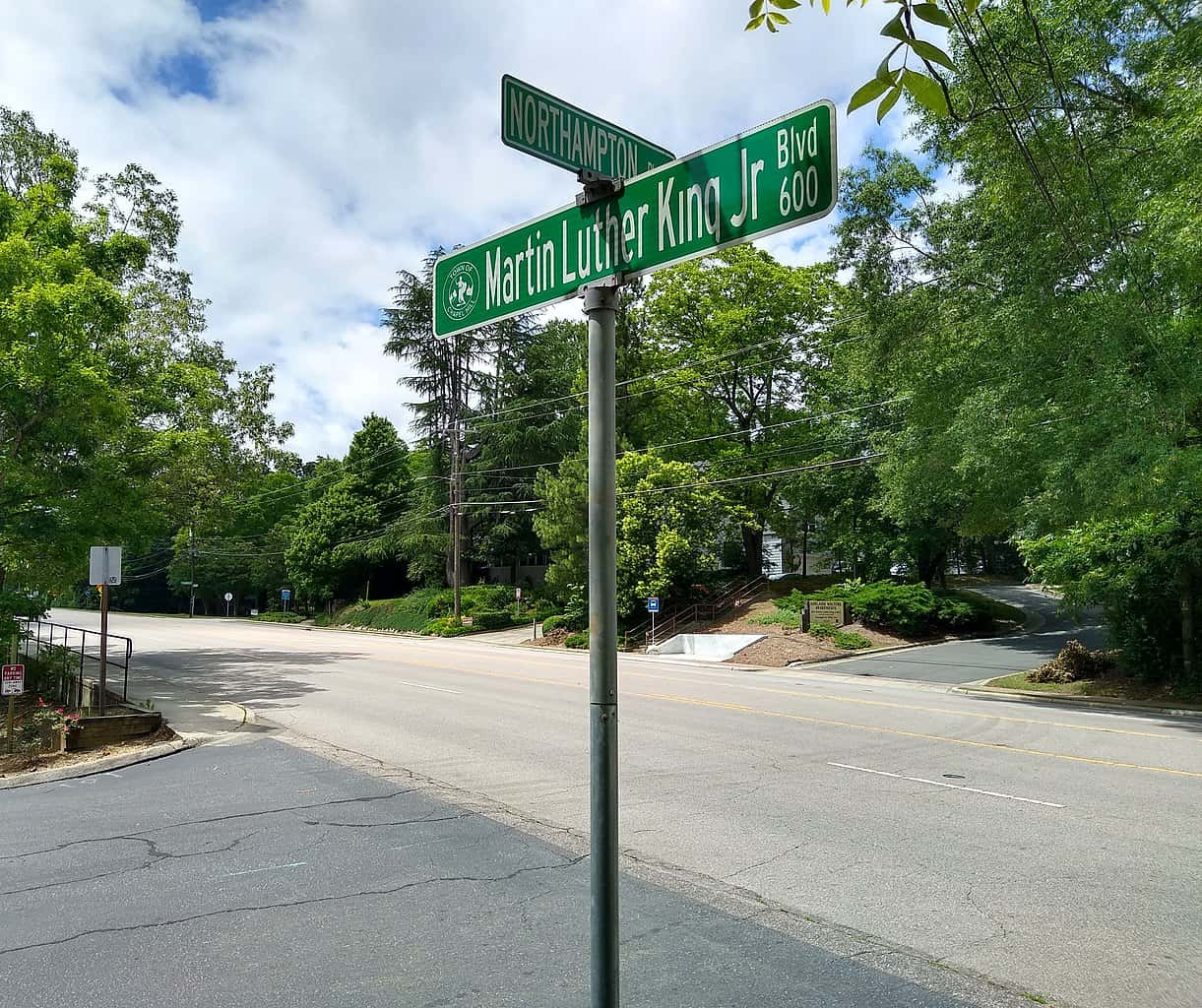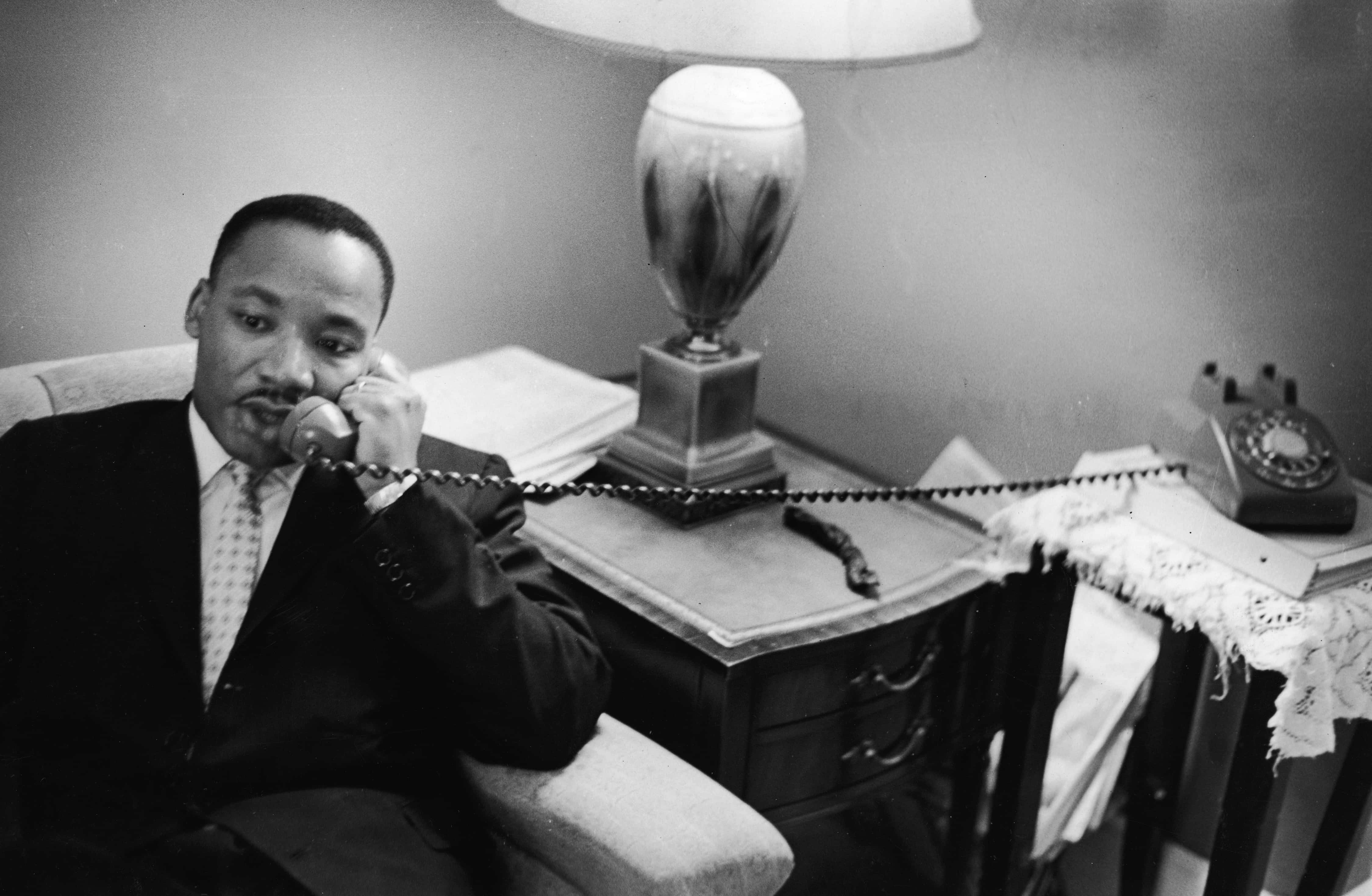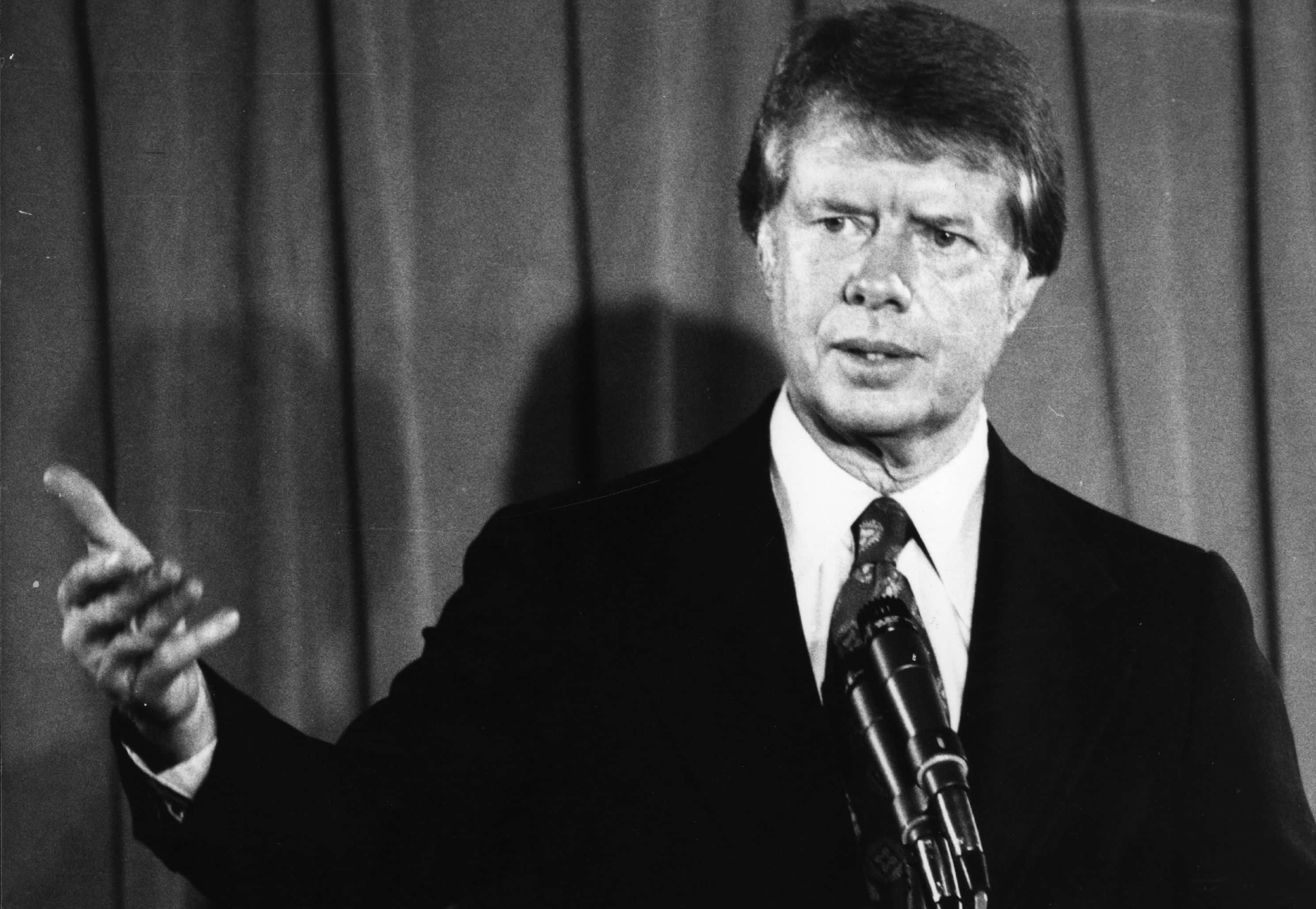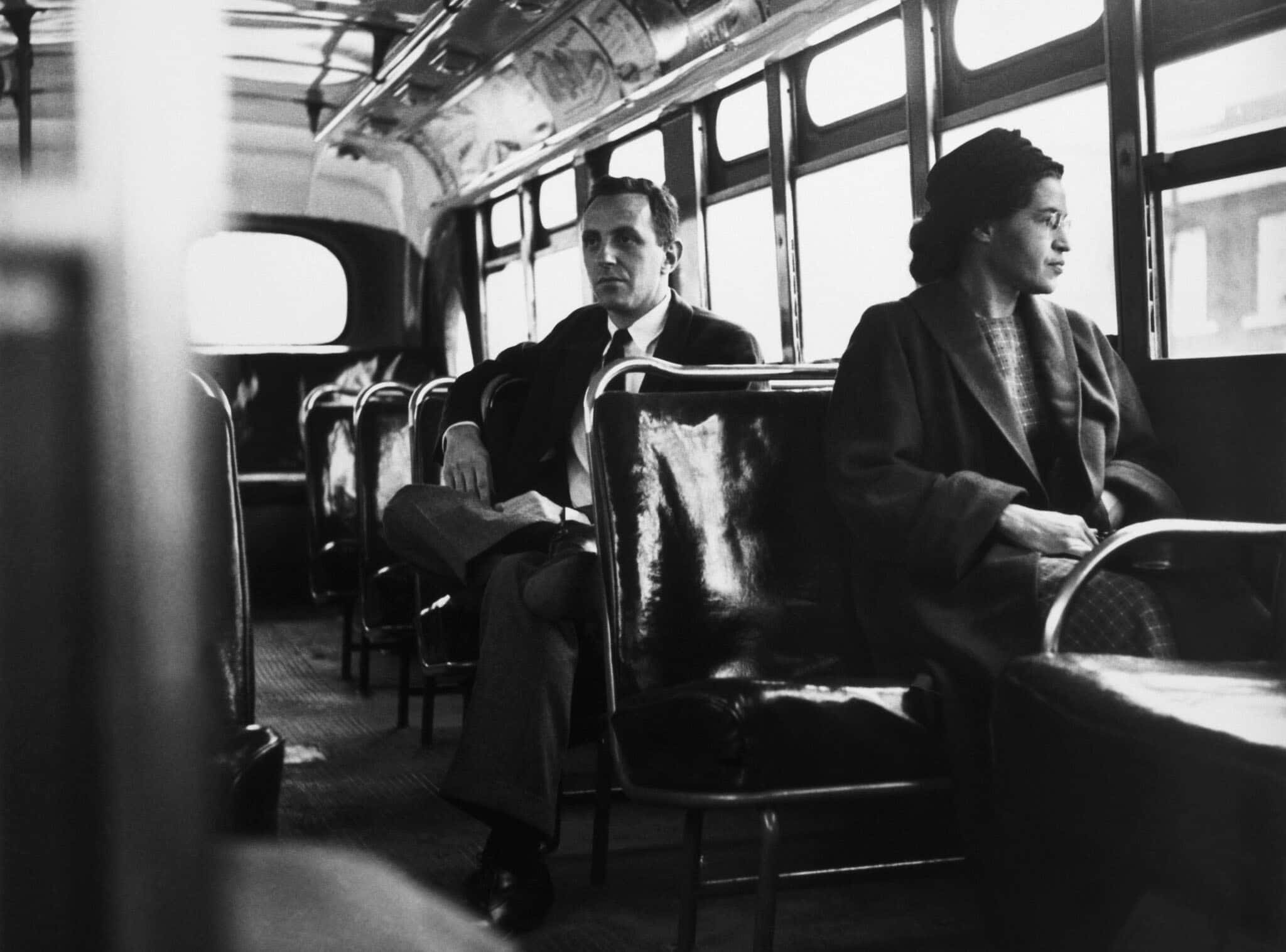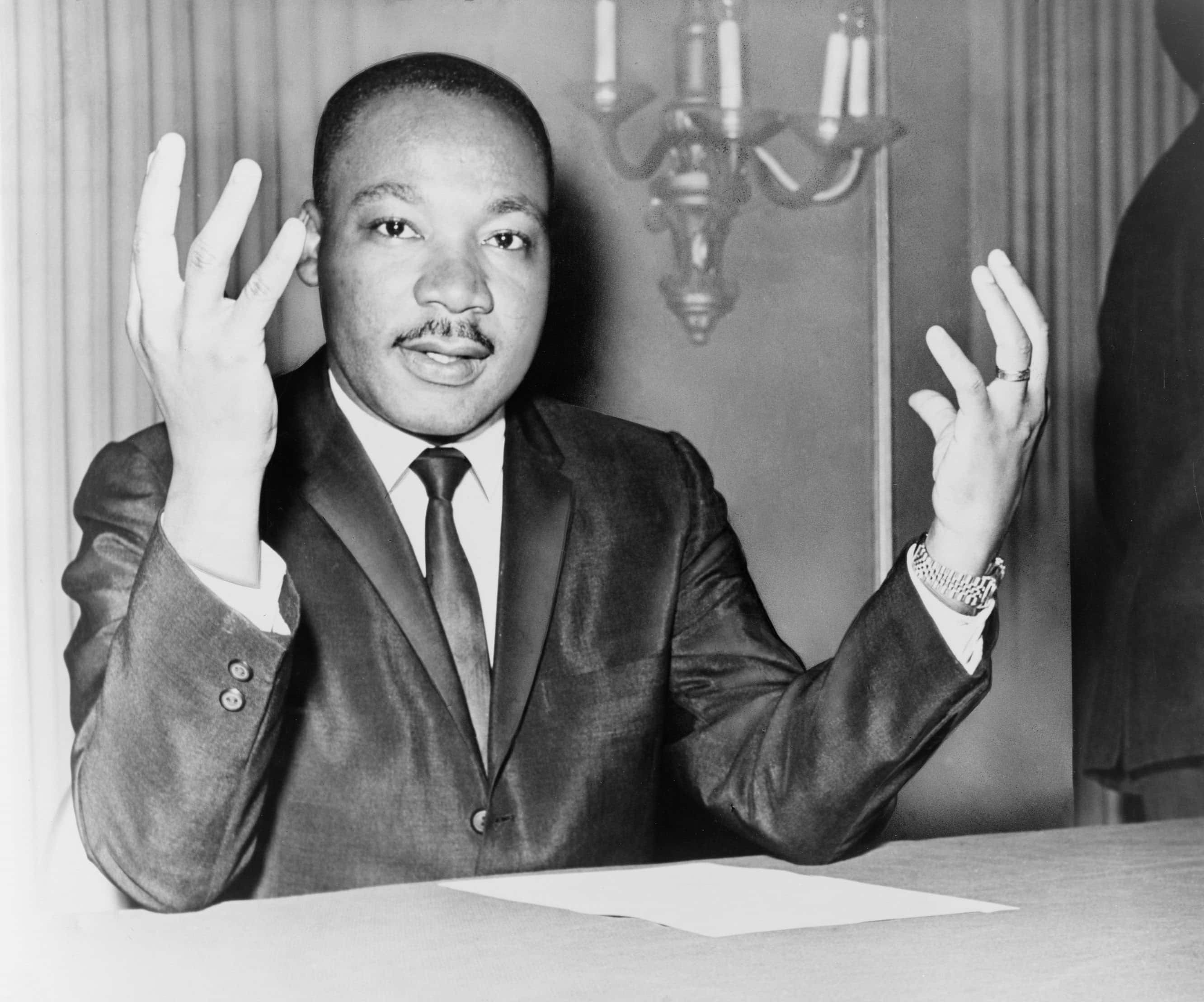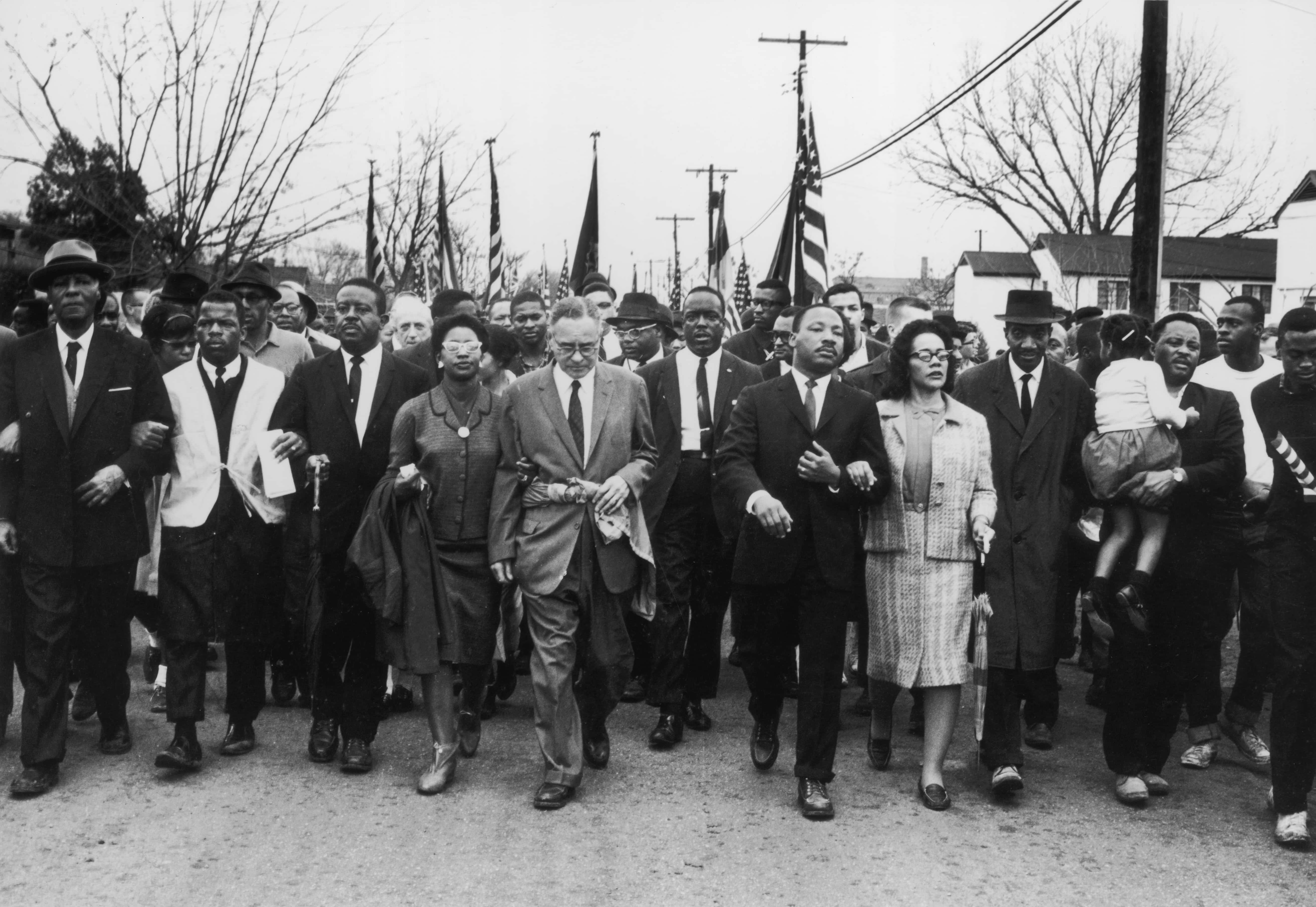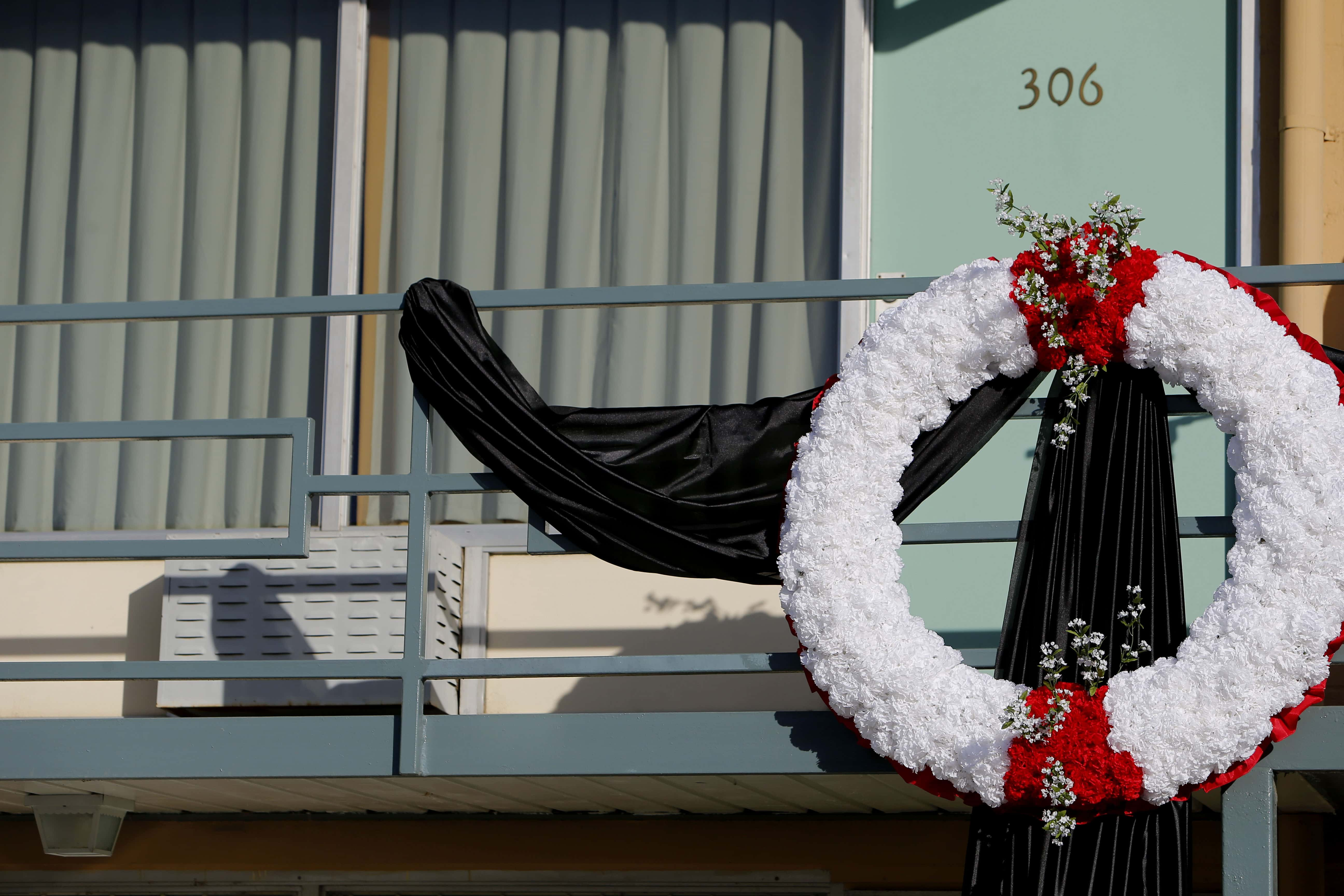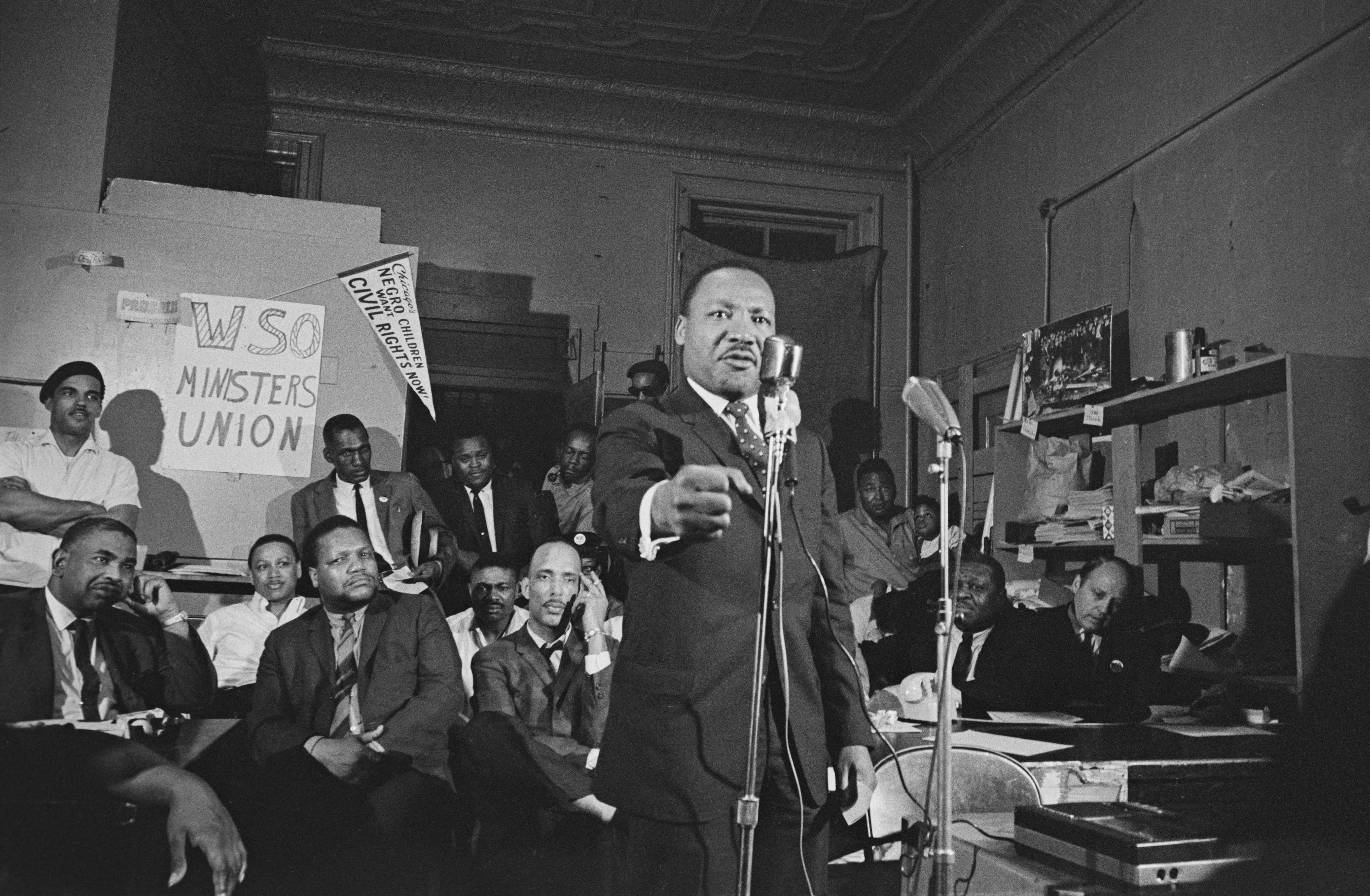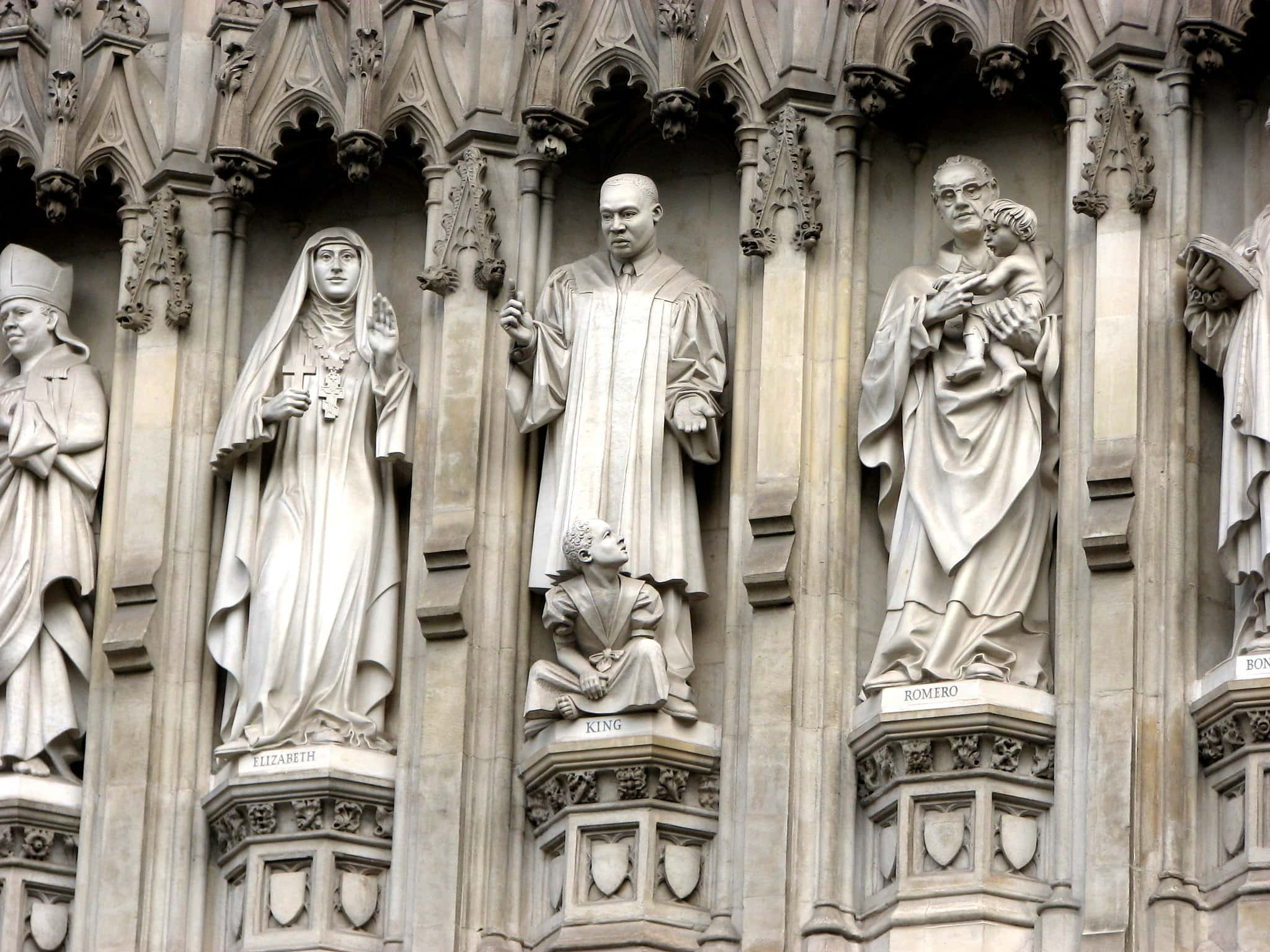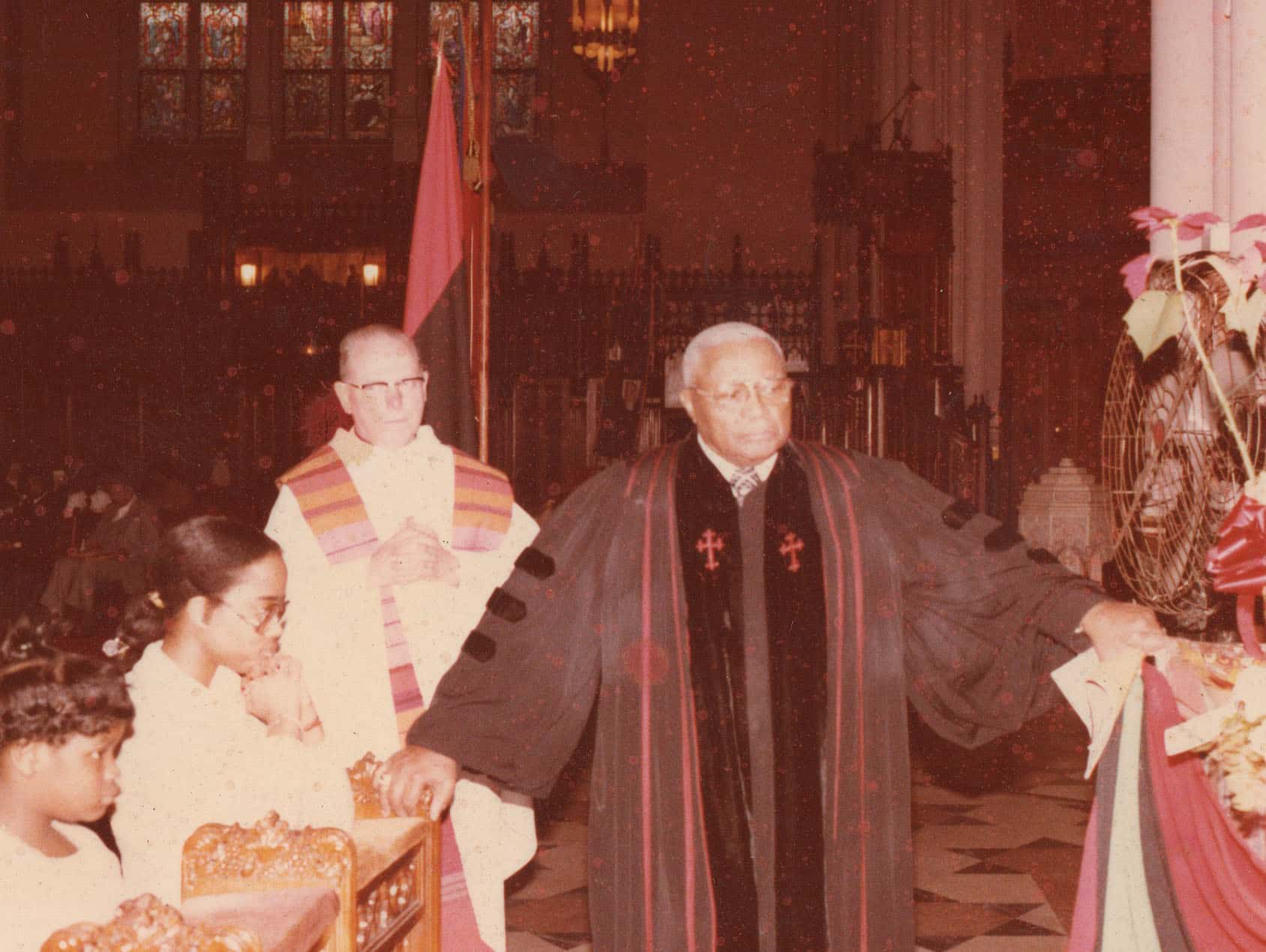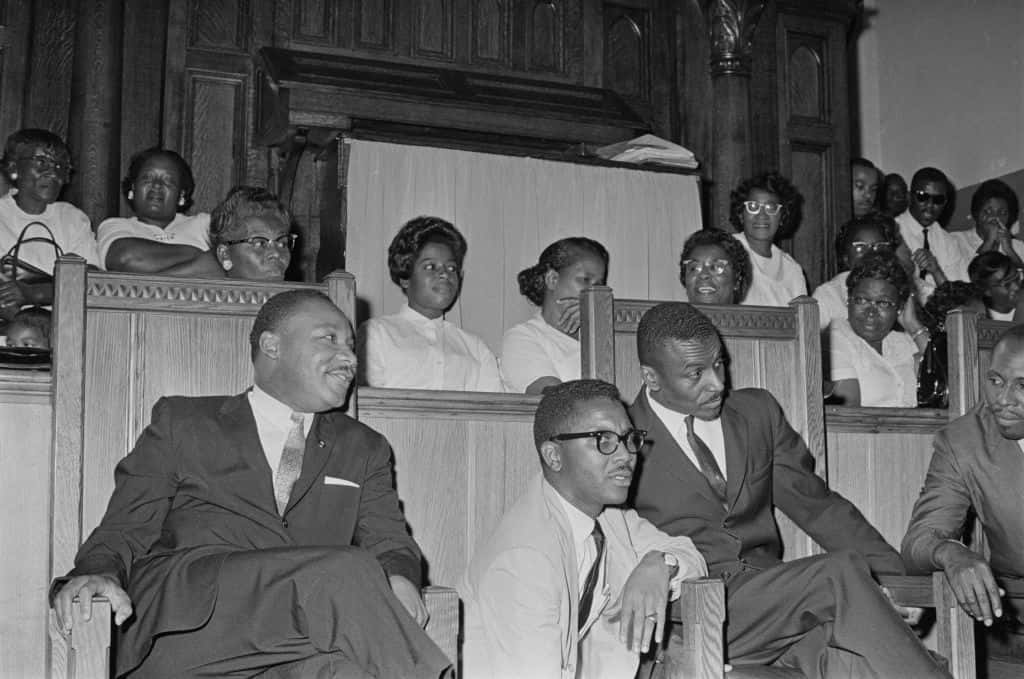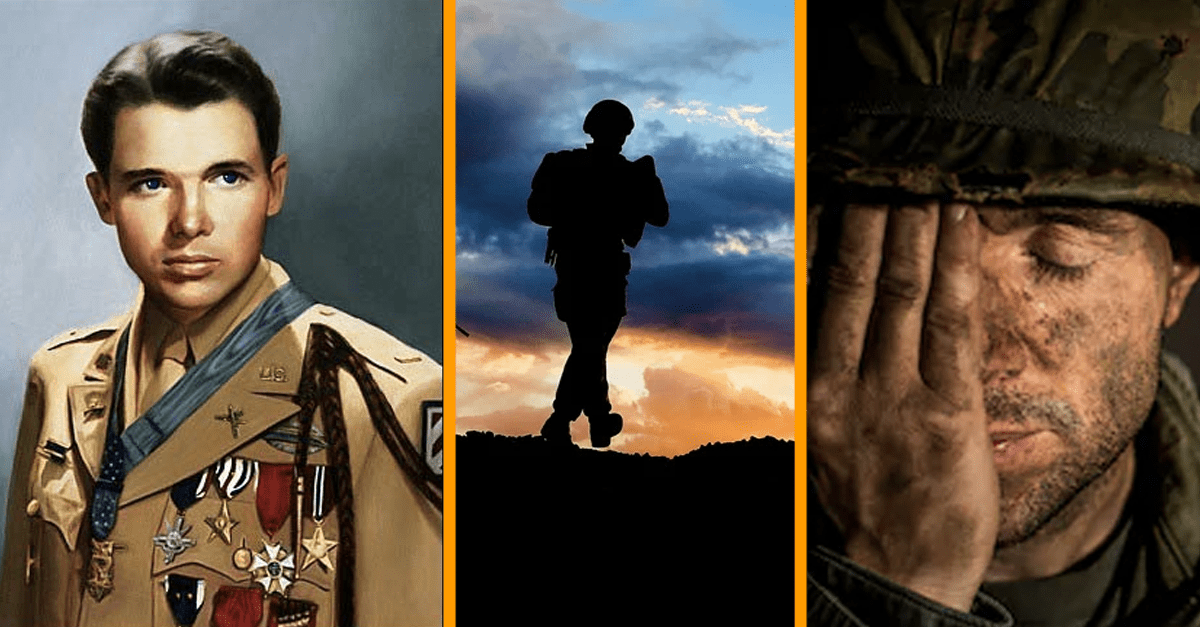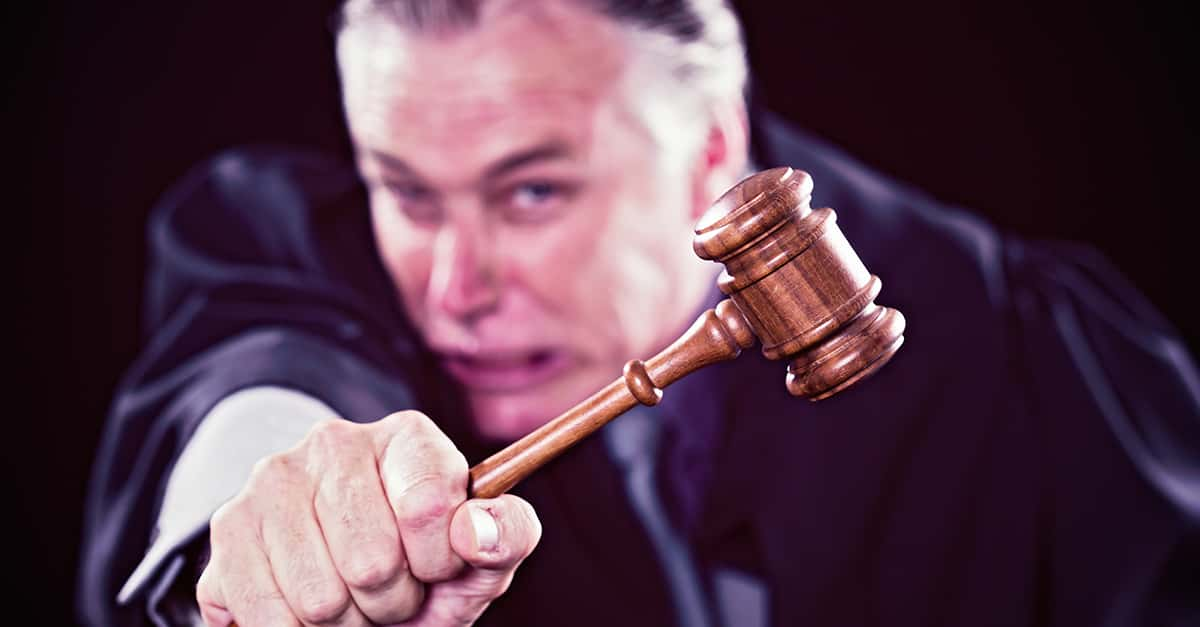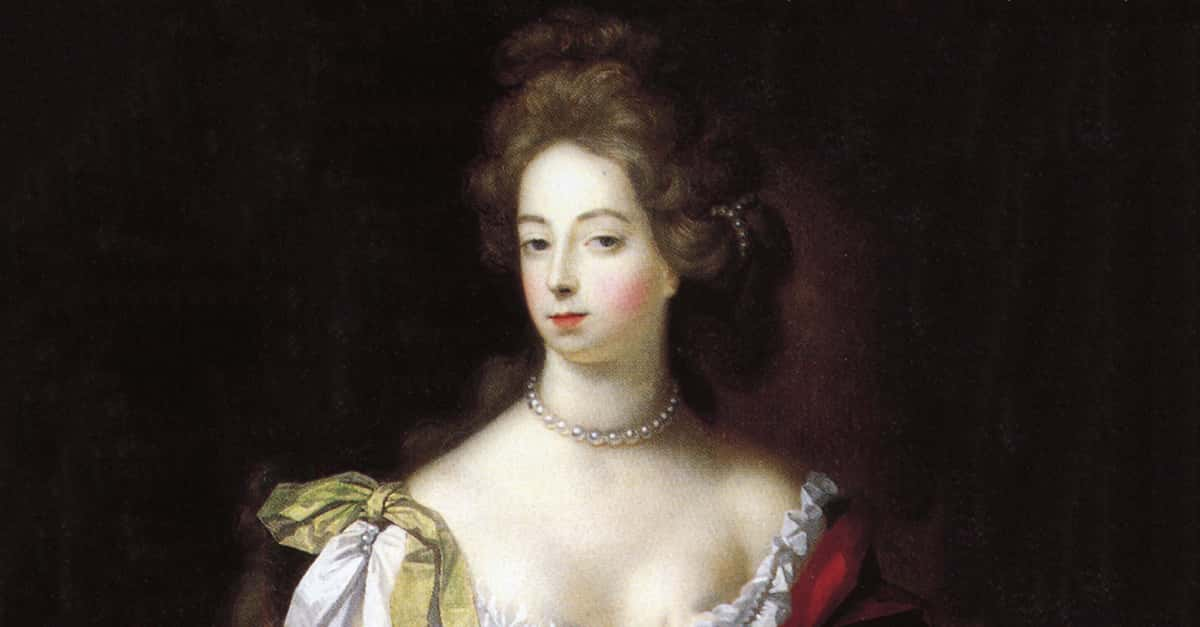5. Public Speaking
Six years prior to his famous march in Washington, King was among civil rights leaders who spoke at the Lincoln Memorial during the 1957 Prayer for Pilgrimage. King’s speech was on voting rights, and the crowd was estimated at between 15-30,000 people.
6. Jailbird
King went to jail a reported 29 times. He was arrested multiple times for civil disobedience, and once for driving 30 miles per hour in a 25 zone.
7. I’ve been Looking for You
In October 1958, King was signing copies of his book in Blumstein’s department store when Izola Curry approached him. She asked him if he was Martin Luther King, and he said yes. She then replied, "I’ve been looking for you for five years" and plunged a letter opener into his chest, just below his collar.
8. Don’t Sneeze!
King underwent hours of surgery to remove the blade of the letter opener from beside his aorta. Later, the doctors told him that one sneeze could have punctured the aorta and killed him.
9. Death Foretold
The night before King was assassinated, he made a speech that foretold his death. He told an audience at Mason Temple Church: "Like anybody, I would like to live a long life. Longevity has its place. But I’m not concerned about that now … I’ve seen the Promised Land. I may not get there with you."
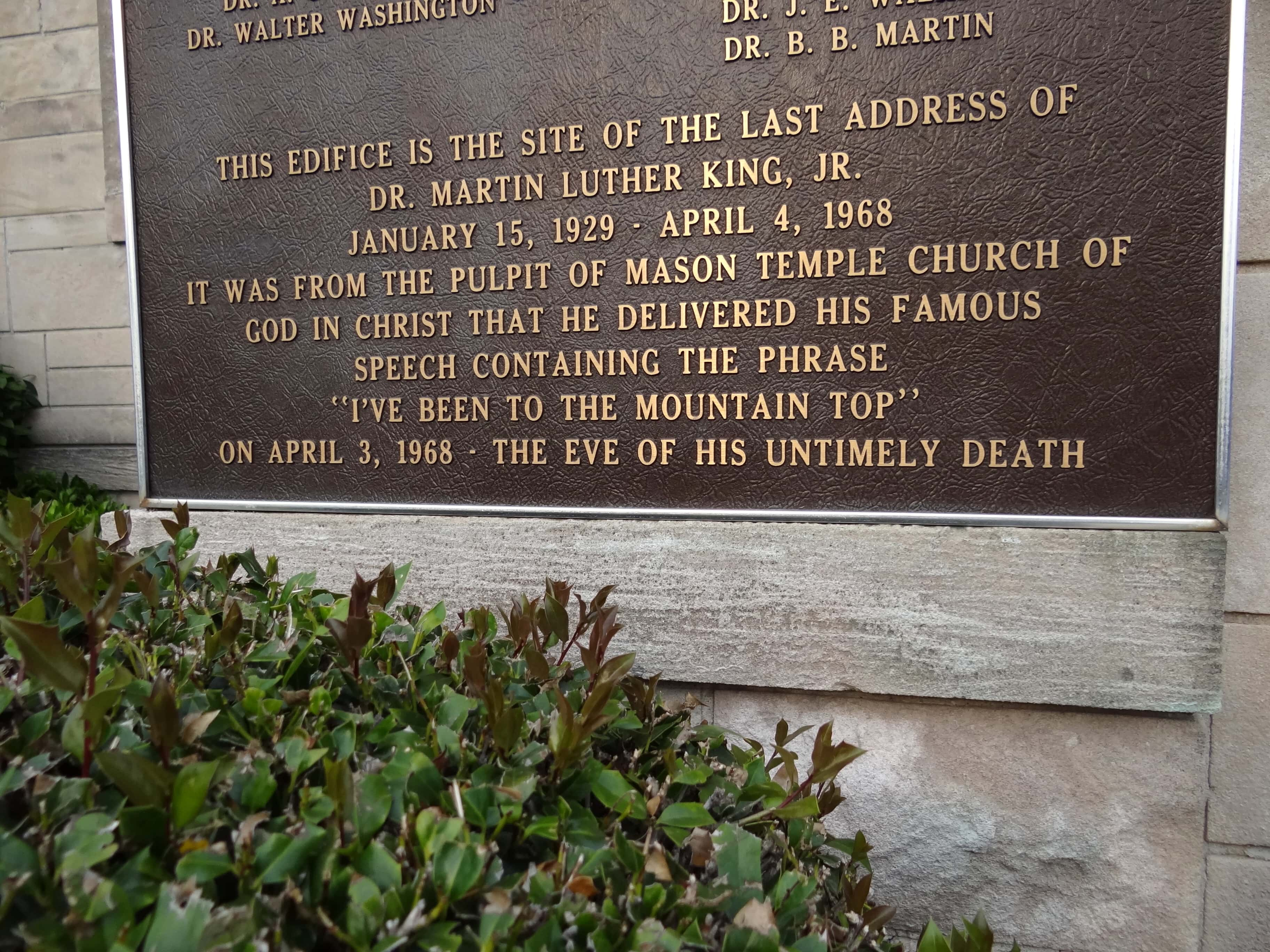 Wikimedia Commons, Adam Jones, Ph.D.
Wikimedia Commons, Adam Jones, Ph.D.
10. Conspiracy Theory
King’s assassin, James Earl Ray, pled guilty to murder but later recanted. King’s widow Coretta Scott believed that the mafia, local, state, and federal governments were involved in a conspiracy to murder her husband. A jury in a 1999 civil trial agreed with her, but the following year a US Department of Justice investigation reported no evidence of conspiracy.
11. A Similar Fate
Martin Luther King Jr.’s mother Alberta was shot and killed while playing the organ at a Sunday church service in 1974. The assassin, Marcus Wayne Chenault, stood up from the front pew, drew two pistols, and fired. She died just steps from where her son had preached nonviolence. The gunman later admitted that the original target was King Sr. but he killed Jr’s mother because she was closer.
12. Holiday
Other than George Washington, Martin Luther King Jr. is the only other American to have his birthday celebrated as a federal holiday. In 1983, President Reagan signed the bill creating a holiday to celebrate King. It’s celebrated annually in the US on the third Monday in January, which is close to King’s January 15th birthday.
13. Hit Him Hard
When King was 12, he disobeyed his parents by going to watch a parade after they told him not to go. When he got home, he learned that his grandmother had passed away. He was so distraught he jumped from his second story window.

Sign up to our newsletter.
History’s most fascinating stories and darkest secrets, delivered to your inbox daily. Making distraction rewarding since 2017.
14. Nobody’s Answering
On the day that King was killed, there was a second casualty at the Lorraine Motel where King was shot. The wife of the motel owner, Lorraine Bailey, had a heart attack after seeing King get shot, and subsequently died. In an odd bit of happenstance, she was also the switchboard operator. As a result, there was nobody at the switchboard to patch a call through to an ambulance.
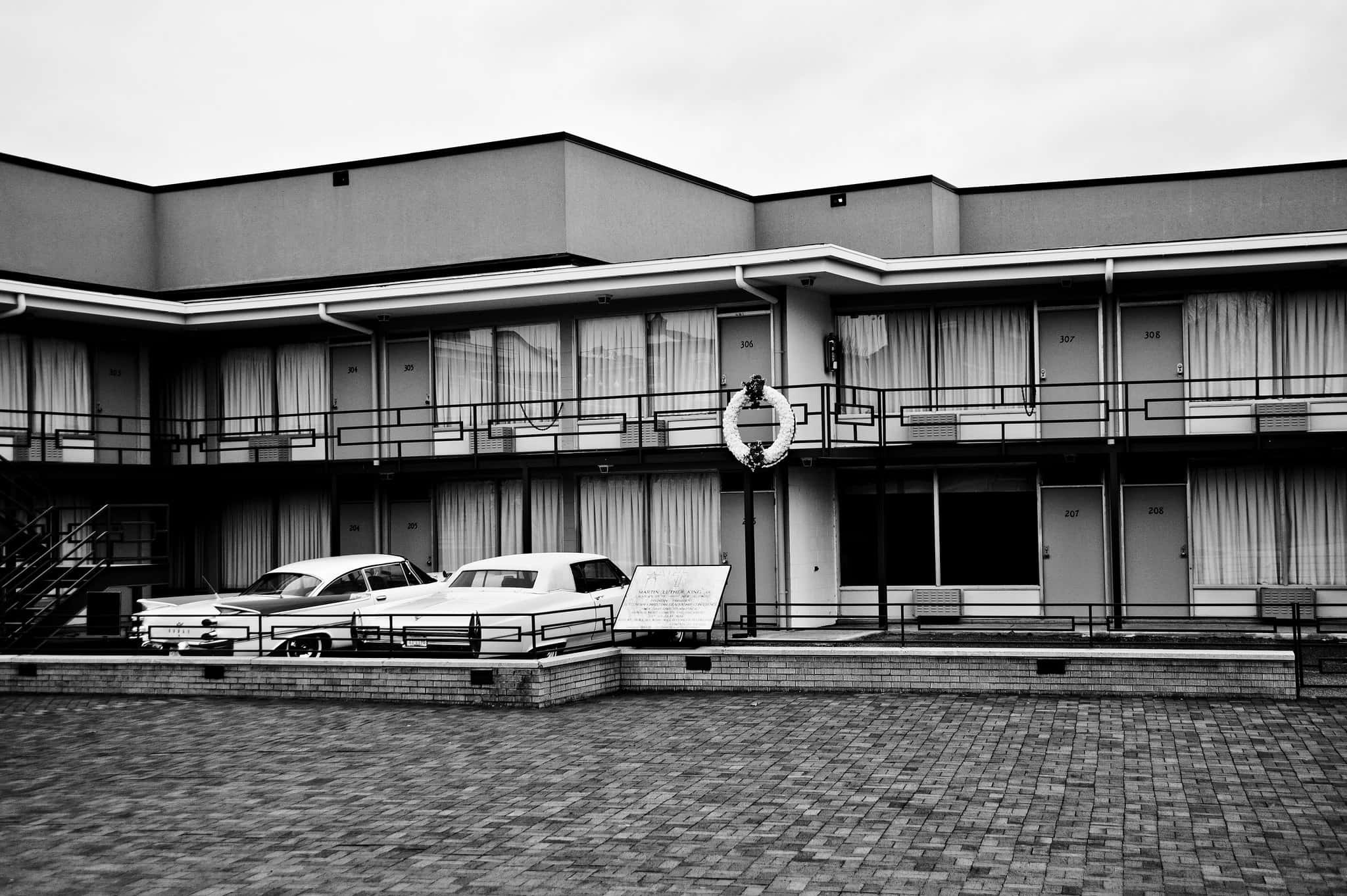 Flickr, Carl Wycoff
Flickr, Carl Wycoff
15. A Hidden Habit
Not many people know that Martin Luther King Jr. was a smoker. Due to the stigma within the church, and the fact that he didn’t want kids taking up the habit, he kept his smoking hidden.
16. I’ll Take Those
According to the Reverend Samuel "Billy" Kyles, who was present when King died, King had been out on the balcony because he was smoking. In an effort to keep people from finding out King's secret habit, Kyles removed the crushed cigarette from King’s hand, and took the pack of cigarettes out of his pocket.
17. He Got a C?
During his first year at seminary, King’s professor gave him a C in public speaking. By his final year he had straight A's and was the valedictorian of his class.
18. An Odd Place for a Honeymoon
At the time of King’s wedding to Coretta Scott, honeymoon suites did not allow African Americans. A friend of King’s owned a funeral parlor and offered to lend it to the couple for their honeymoon.
19. You Have to Stay
King once convinced Nichelle Nichols, who played Uhura on Star Trek, to stay on the Science Fiction show. Nichols was intending to quit after the first season of Star Trek, but King persuaded her of the importance of her role as a black woman playing a main character.
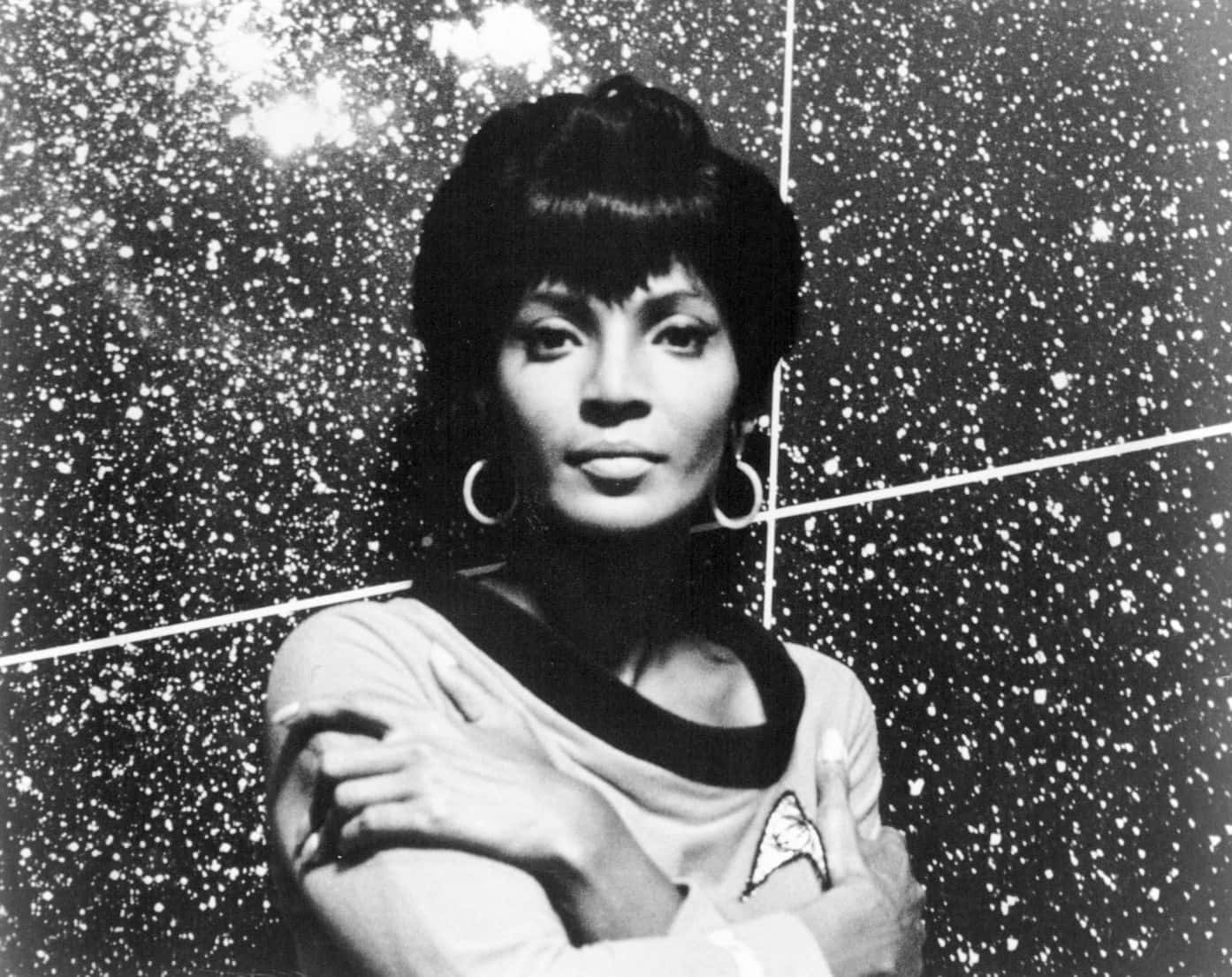 Wikipedia
Wikipedia
20. The Youngest Male Winner
Martin Luther King Jr. won a Nobel Peace Prize in 1964 at the age of 35. At the time, he was the youngest winner of the prize ever, and remained so until Malala Yousafzai won it at age 17. He does still have the distinction of being the youngest male to ever be awarded the honor.
21. He Gets it From His Mother
King’s mother was an talented organist and choir leader. Under her influence, King also came to like music and singing, and he became a member of his church choir.
22. Marked Man
King’s "I Have a Dream" speech effectively made him an FBI target. In an internal memo that was circulated after his speech, the FBI said: "We must mark him now, if we have not done so before, as the most dangerous [redacted] of the future in this nation from the standpoint of communism, the [redacted], and national security."
23. A Generous Donation
King received $54,123 for winning the Nobel Prize (equivalent to about $400,000 now), all of which he donated to the Civil Rights Movement.
24. A Significant Dedication
The Martin Luther King Jr. National Monument was the first monument on the National Mall in Washington to be dedicated to an African American. The statue is located between the Lincoln and Jefferson Memorials.
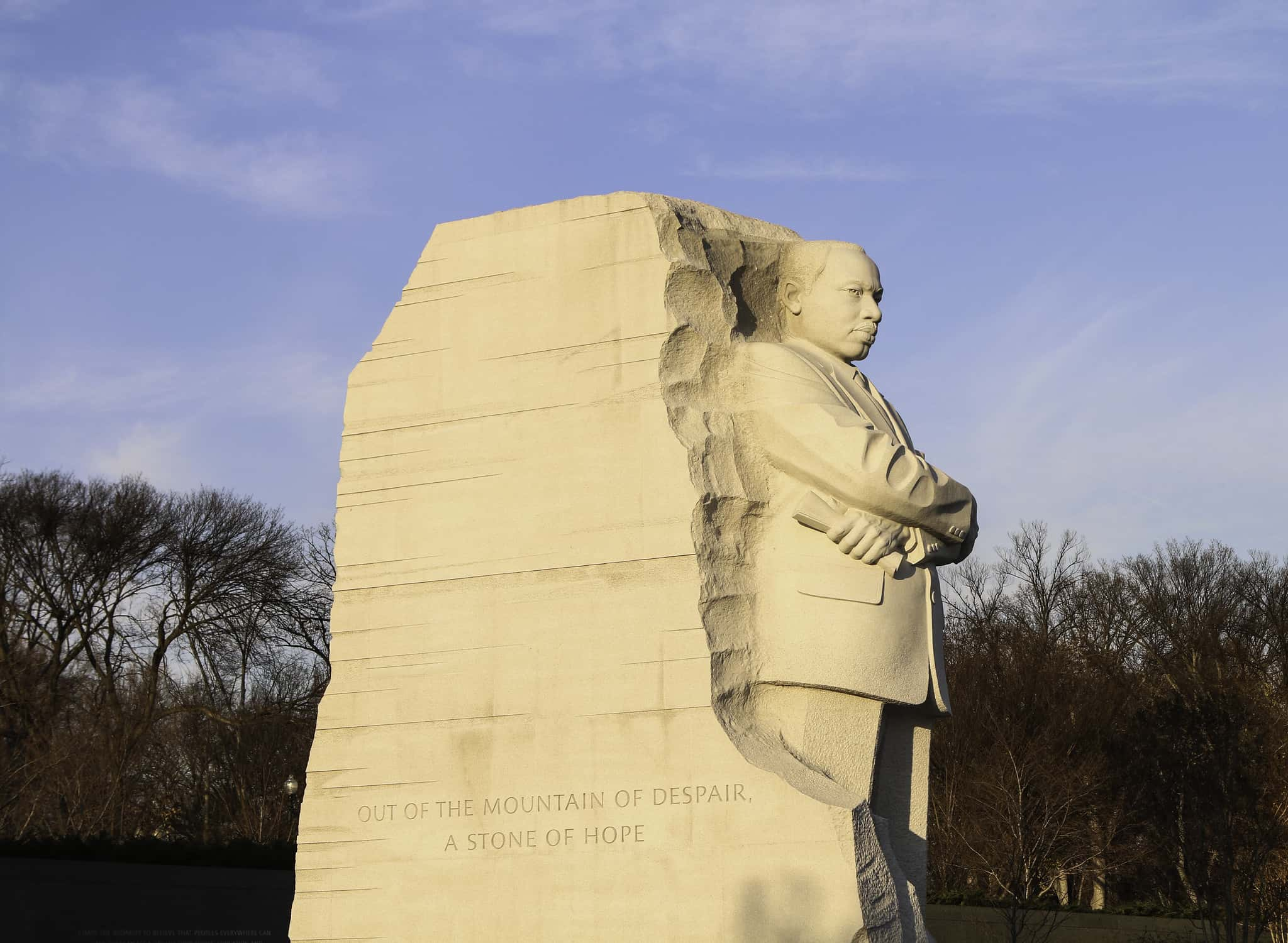 Flickr, Fr Lawrence Lew, O.P.
Flickr, Fr Lawrence Lew, O.P.
25. One in Every City
There are over 700 streets in the United States that are named after Martin Luther King Jr., which amounts to nearly one street in every city in America.
26. That’s Some Major Stress!
An autopsy performed on King after his death showed that while he was only 39 at the time of his death, his heart looked like that of a 60-year-old. Stress is the most likely cause of King's premature aging.
27. A Posthumous Award
In 1971, three years after King’s death, President Jimmy Carter awarded the civil rights activist with the Presidential Medal of Freedom.
28. Nonviolent Protest
King was a strong advocate of Gandhi’s principles of non-violence, and he applied these ideas to the year-long Montgomery bus boycott. The protest eventually collapsed public bus segregation in Alabama.
29. A Sizeably Larger Crowd
The second time that King stood in front of the Lincoln Memorial to deliver a speech was in 1963 when he gave his “I Have a Dream” speech. This time the crowd was estimated at over a quarter of a million people.
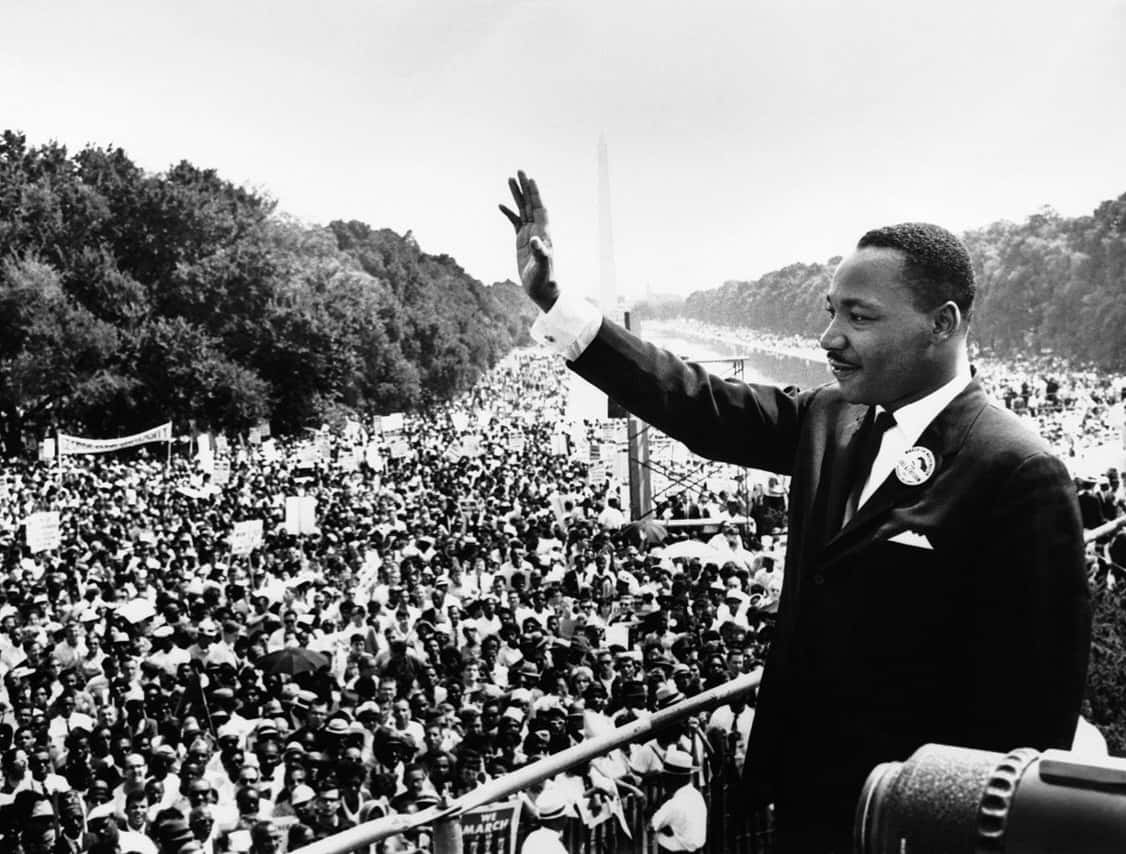 Wikimedia Commons
Wikimedia Commons
30. Not a Saint
As great a man as he was, King privately admitted to having "weaknesses" in his life when it came to his womanizing ways. An investigation in the 1980s also revealed that he plagiarized parts of his PhD dissertation.
31. A Historic March
On March 25, 1965, Martin Luther King led thousands of non-violent demonstrators to the steps of the capitol in Montgomery, Alabama, ending a five day, 54-mile march from Selma. The march was part of an ongoing campaign for black voting rights. In August of that year, President Lyndon B. Johnson signed the Voting Rights Act, with King and other civil rights leaders present at the ceremony.
32. The Last Song
King’s favorite song was "Take My Hand Precious Lord"; King’s friend Mahalia Jackson sang it at his funeral.
33. From Motel to Museum
The Lorraine Bailey Motel, where King was killed, is now the site of the National Civil Rights Museum. The exhibits trace the history of the Civil Rights Movement in the United States.
34. The Weary Traveller
King spoke more than 2,500 times in his efforts to fight segregation and inequality. As he wrote in his famous "Letter from a Birmingham Jail," "I cannot sit idly by in Atlanta and not be concerned about what happens in Birmingham. Injustice anywhere is a threat to justice everywhere."
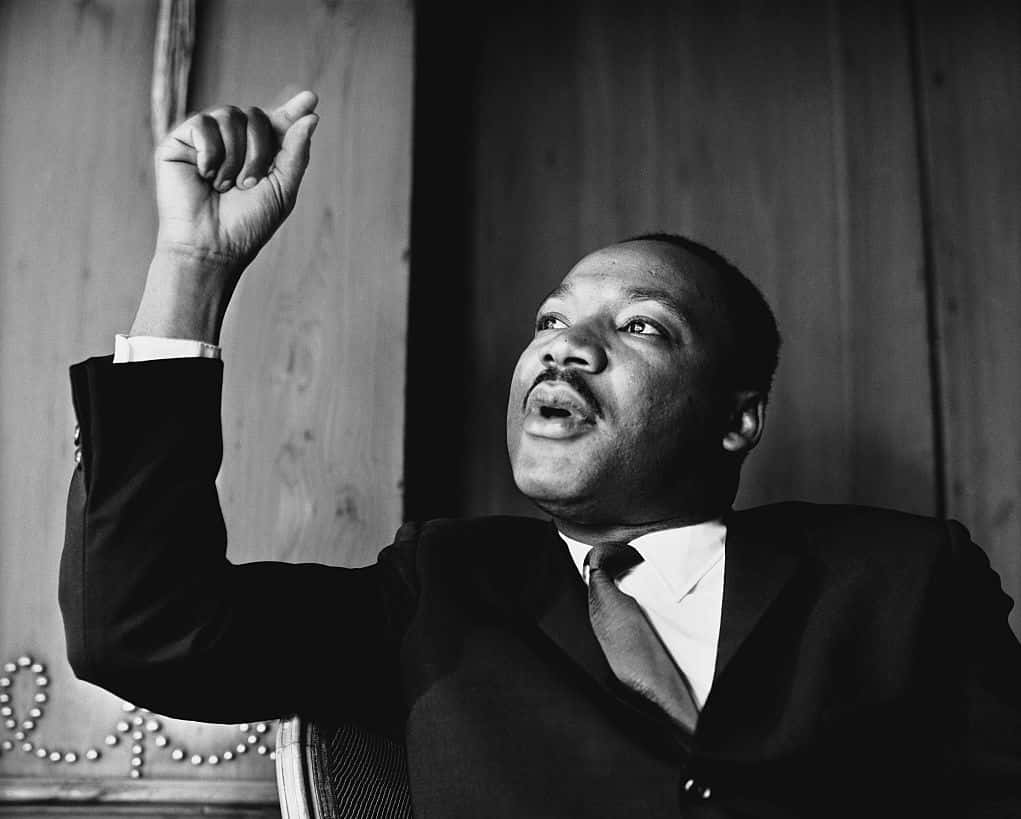 Getty Images
Getty Images
35. A Vocal Objection
King was a strong and vocal objector to the Vietnam War, and he delivered several speeches condemning the war. The speech "Why I Oppose the War in Vietnam" earned him a Grammy for best spoken-word album.
36. Famous Last Words
King’s dying words were to Ben Branch, a musician who was scheduled to play at an event that night. He said: "Ben, make sure you play 'Take My Hand, Precious Lord' in the meeting tonight. Play it real pretty."
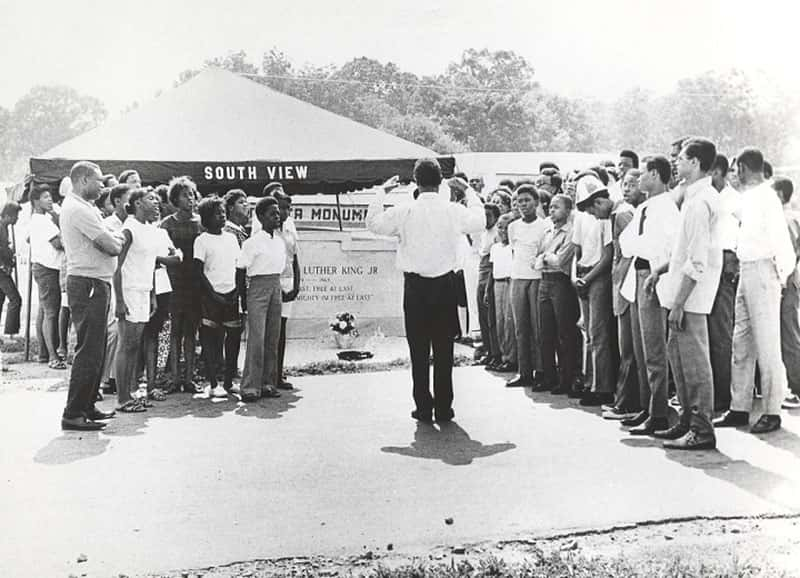 Flickr, UIC Library Digital Collections
Flickr, UIC Library Digital Collections
37. Immortal in London
A statue of Martin Luther King Jr. in his choir robes stands outside Westminster Abbey in London. King is one of 10 martyrs immortalized at the historic church.
38. A Taboo Romance
In the 1940s, while still at school in Pennsylvania, King fell in love with a German cafeteria worker. King’s fellow seminarians talked him out of it on the grounds that King’s father would have objected to the interracial romance.
39. Not His Father’s Pick
King’s father also wasn’t fond of his eventual bride Coretta Scott. King Sr. had apparently already arranged for King Jr. to marry opera singer Mattiwilda Dobbs, whose father had founded the Atlanta Civil League and the Atlanta Negro Voters League.
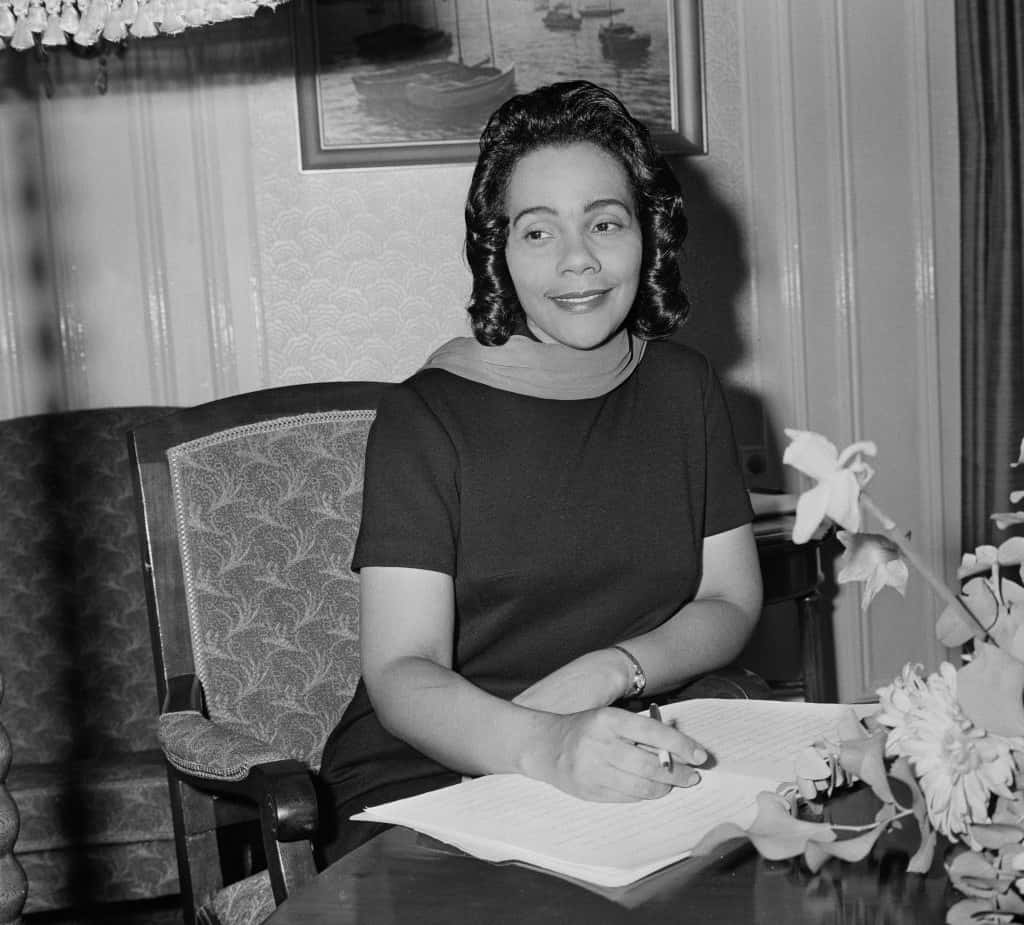 Getty Images
Getty Images
40. An Eye-Opening Experience
When King was 15, and again at 18, he worked harvesting tobacco in Simsbury, Connecticut during the summers. The experience exposed him to racial tolerance for the first time in his life, and he was particularly moved by the racially-integrated church services. More than a decade later, he famously said: "It is appalling that the most segregated hour of Christian America is eleven o'clock on Sunday morning."
41. Last-Minute Improvisation
The final and most famous part of King’s "I Have a Dream" speech was improvised. The speech originally did not contain the passage that started with "I have a dream." Just before the 7th paragraph of his prepared remarks, King paused, and his friend Mahalia Jackson shouted "tell ‘em about the dream!" In that moment, he abandoned his notes and improvised the second half of the speech.
42. Humble in Death
King viewed his own financial sacrifices as a vow of poverty, and, in keeping with his beliefs, his funeral procession featured a humble casket drawn by a mule carriage.
43. The Suicide Letter
In 1964, FBI Director J. Edgar Hoover attempted to publicly discredit MLK by calling him the "most notorious liar in the country." The FBI also sent King an anonymous letter that threatened to expose King's extramarital affairs and encouraged him to commit suicide before King was exposed as a cheater.
44. Man of the Year
In 1963, Martin Luther King was named "Man of the Year" by Time Magazine. The "I Have a Dream" speech lasted 17 minutes, and is considered by many to be the greatest speech of the 20th century. The speech marked a critical turning point in the Civil Rights Movement and continues to inspire today.
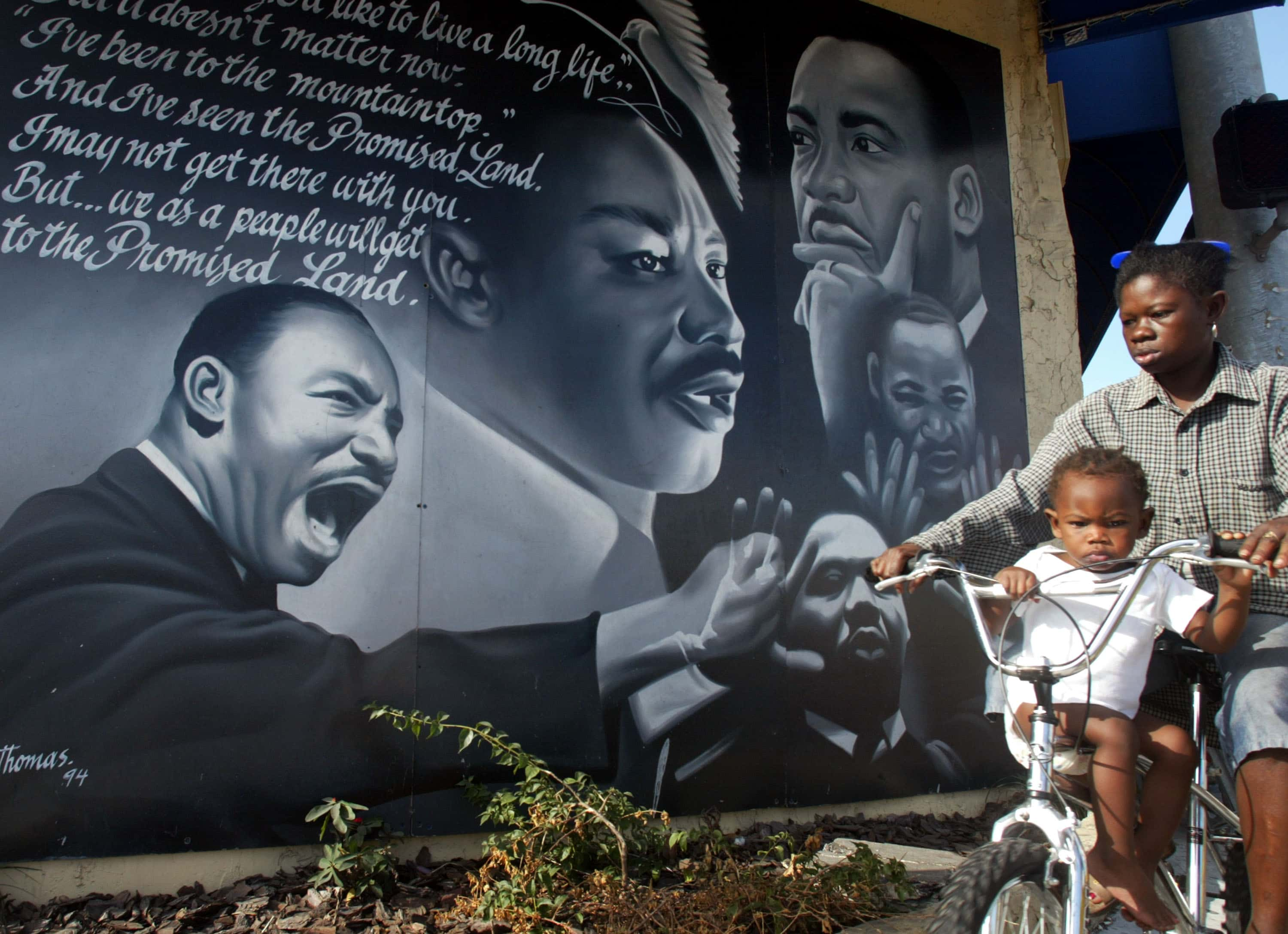 Getty Images
Getty Images
Sources: 1, 2, 3, 4, 5 6, 7, 8, 9, 10


